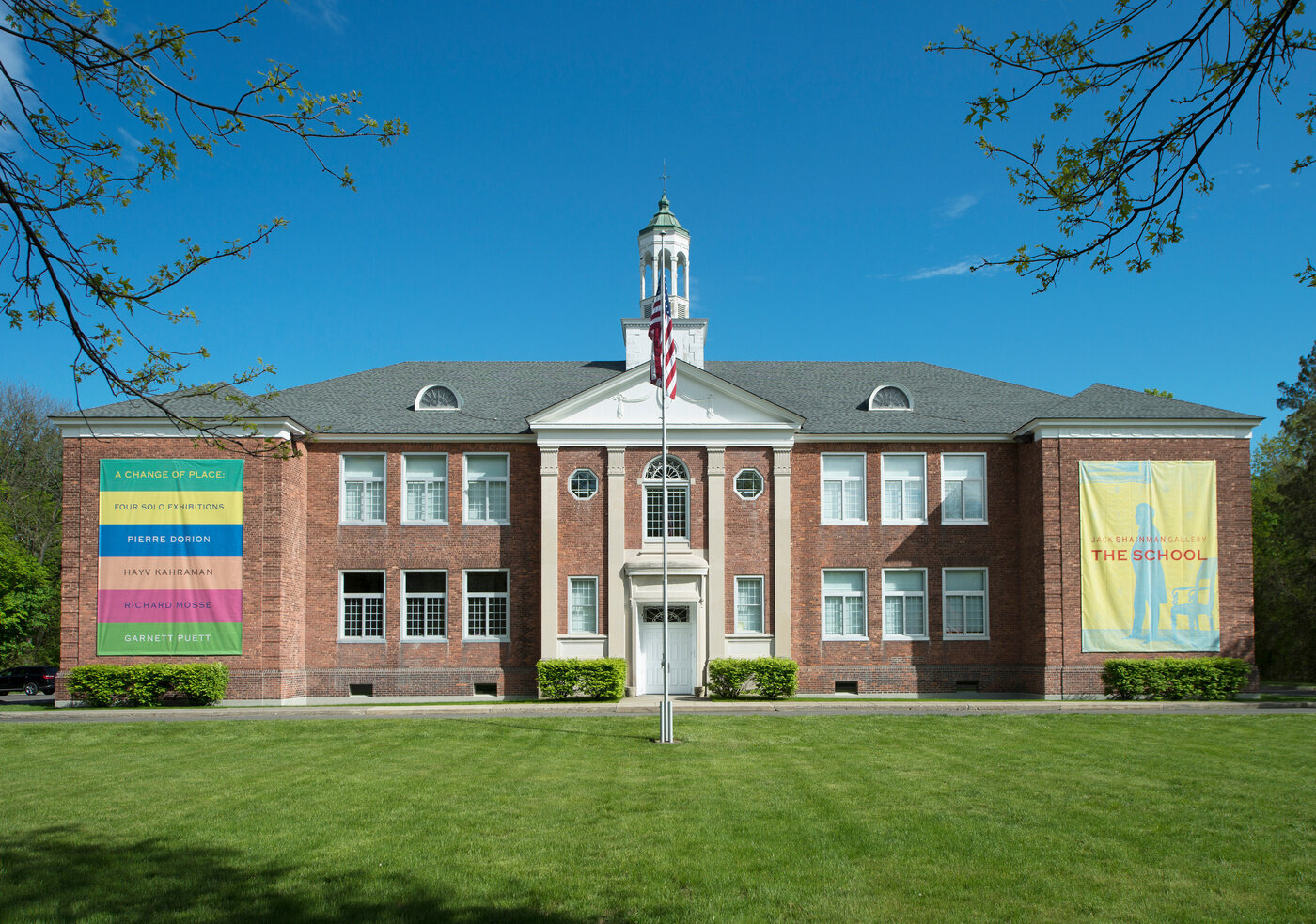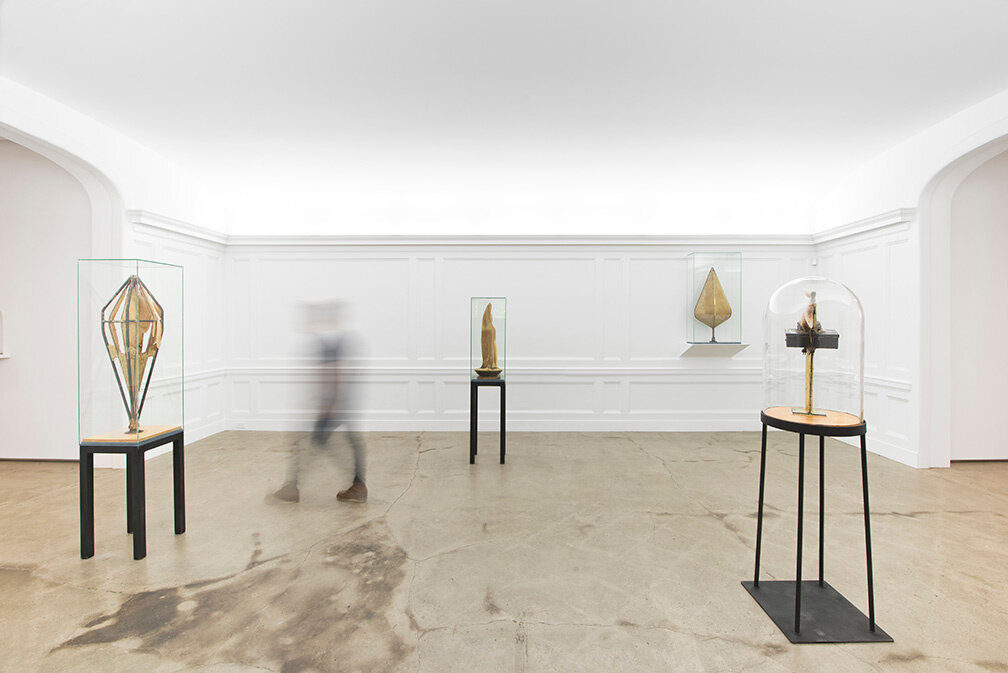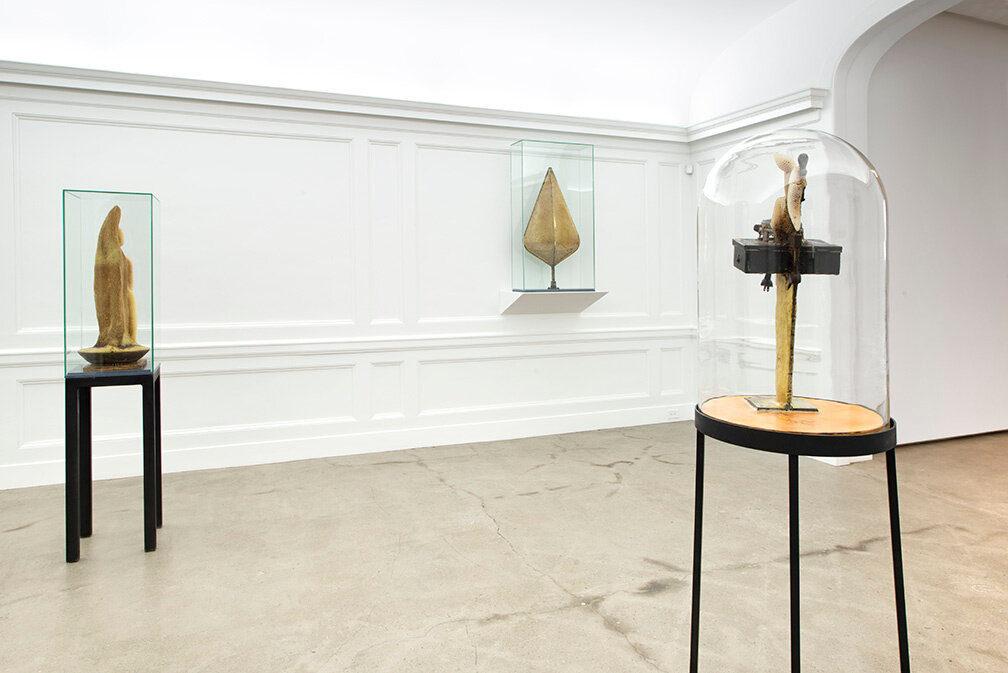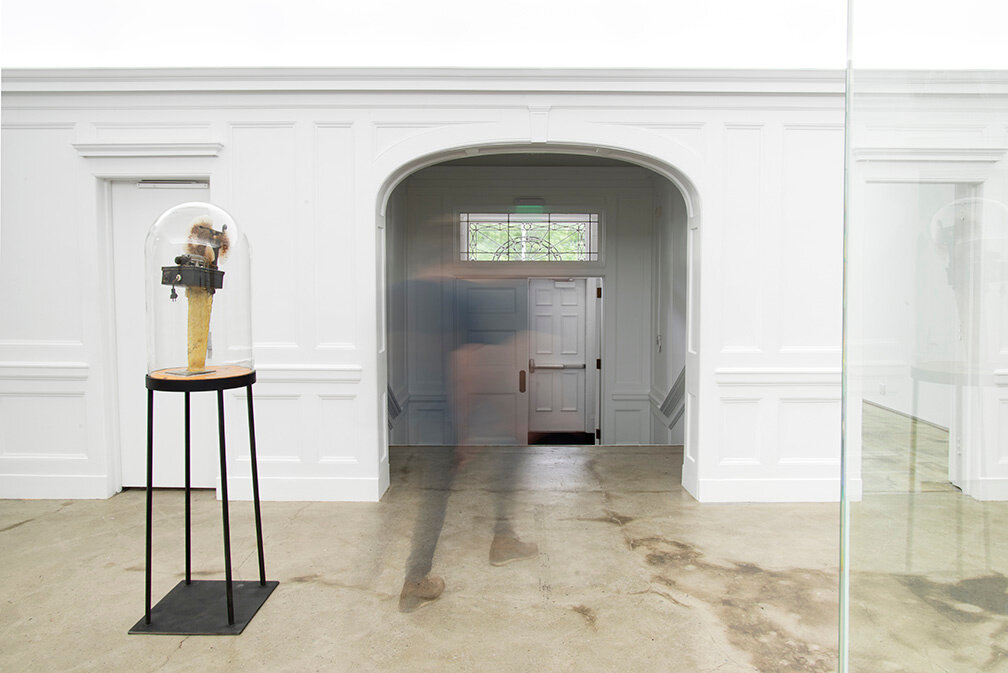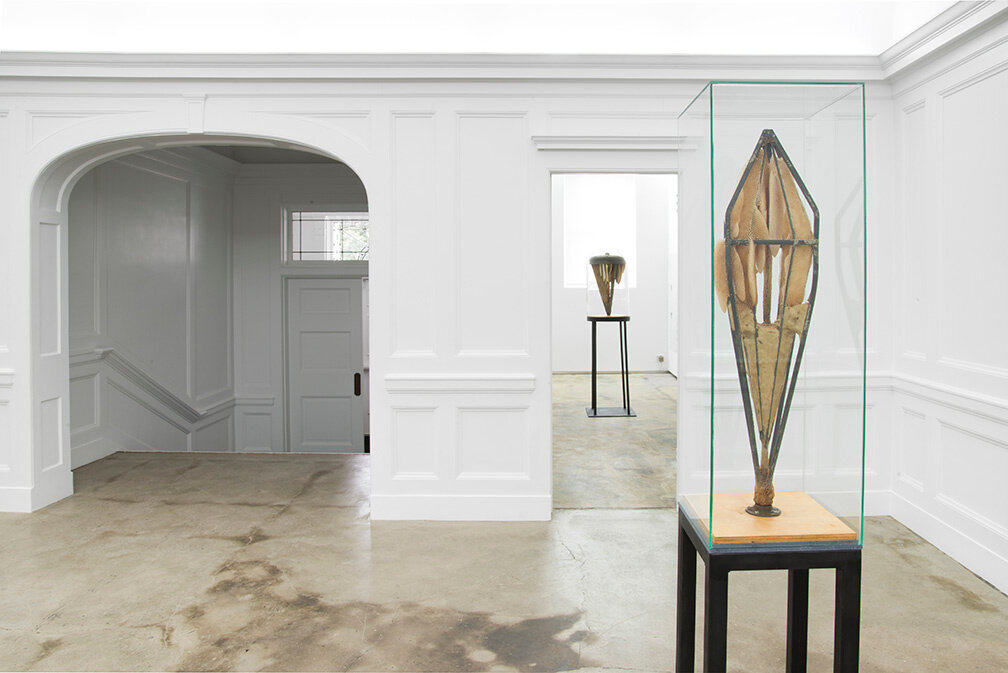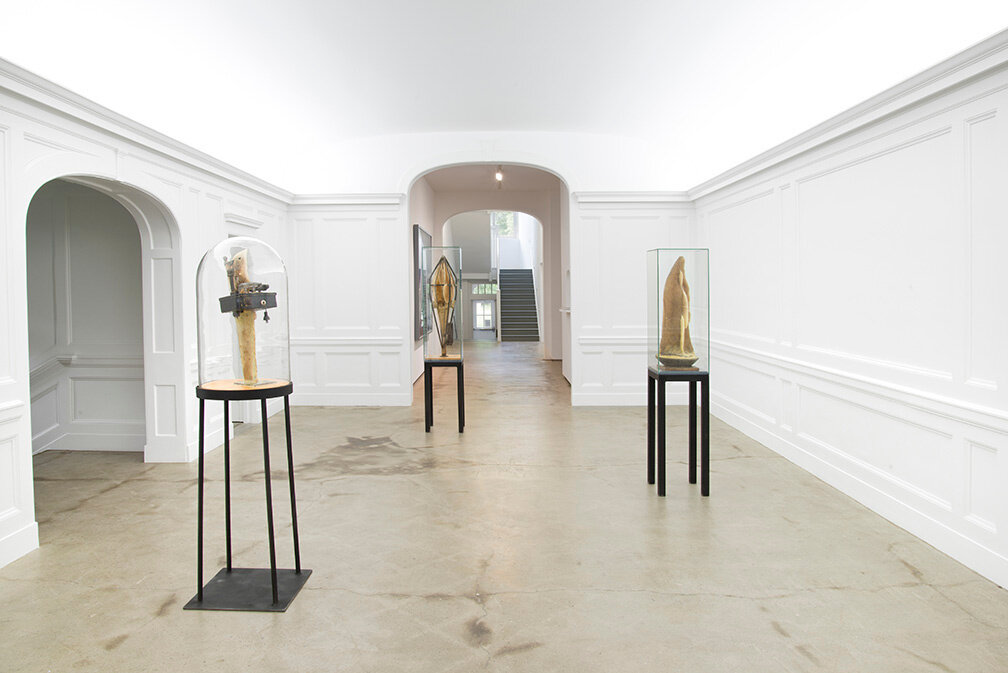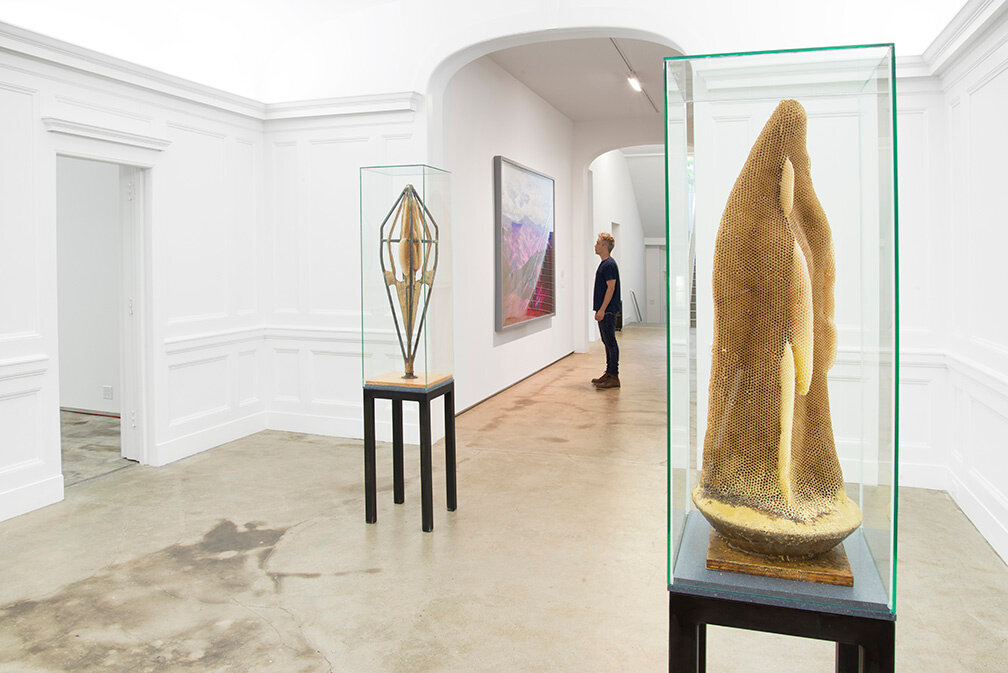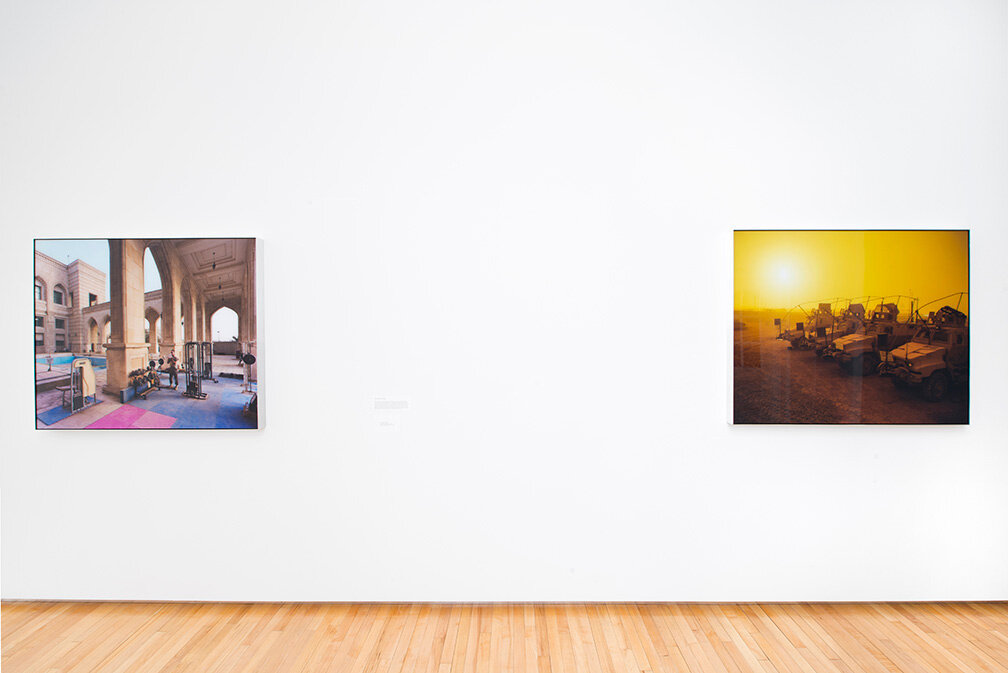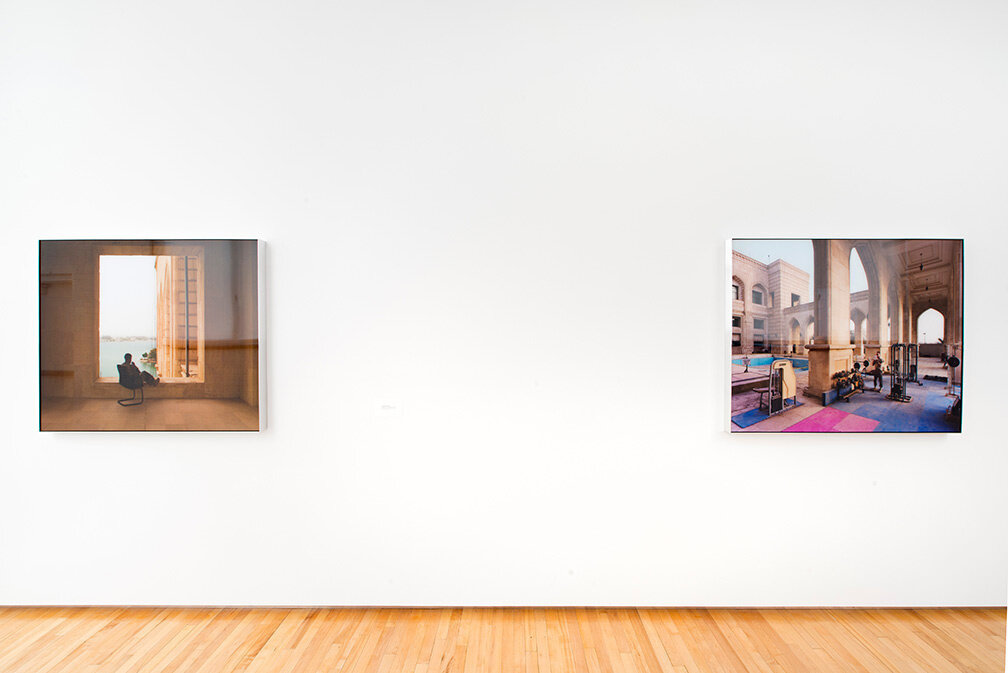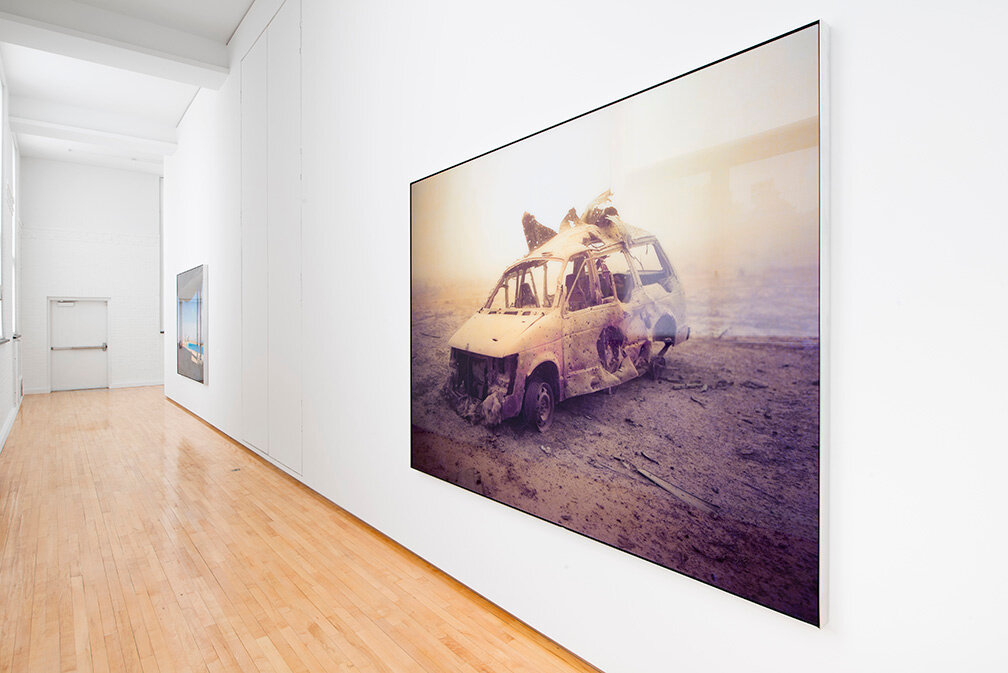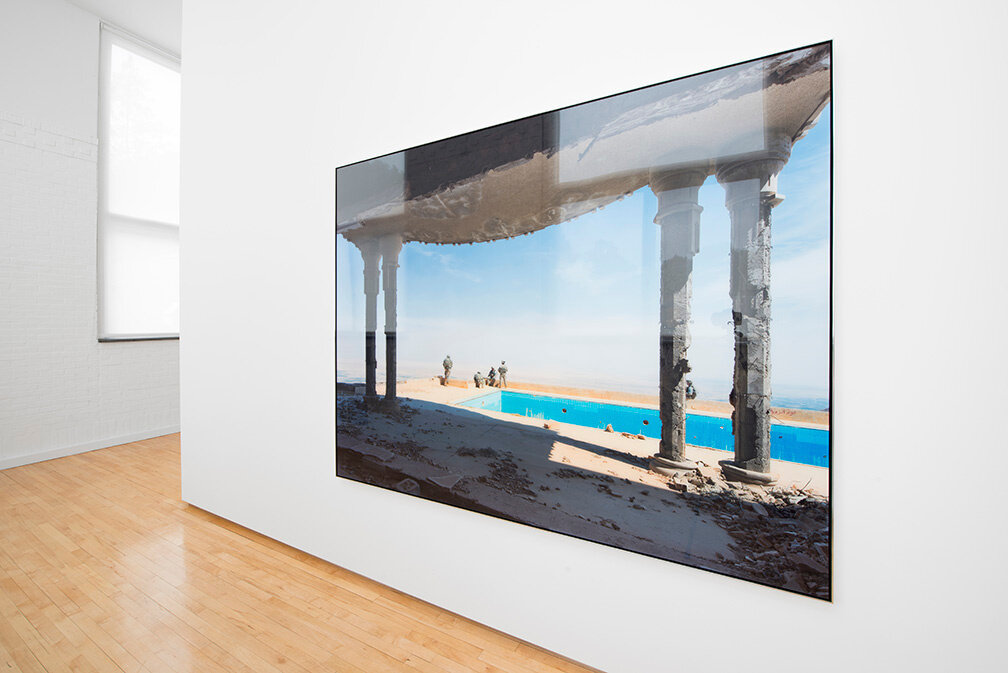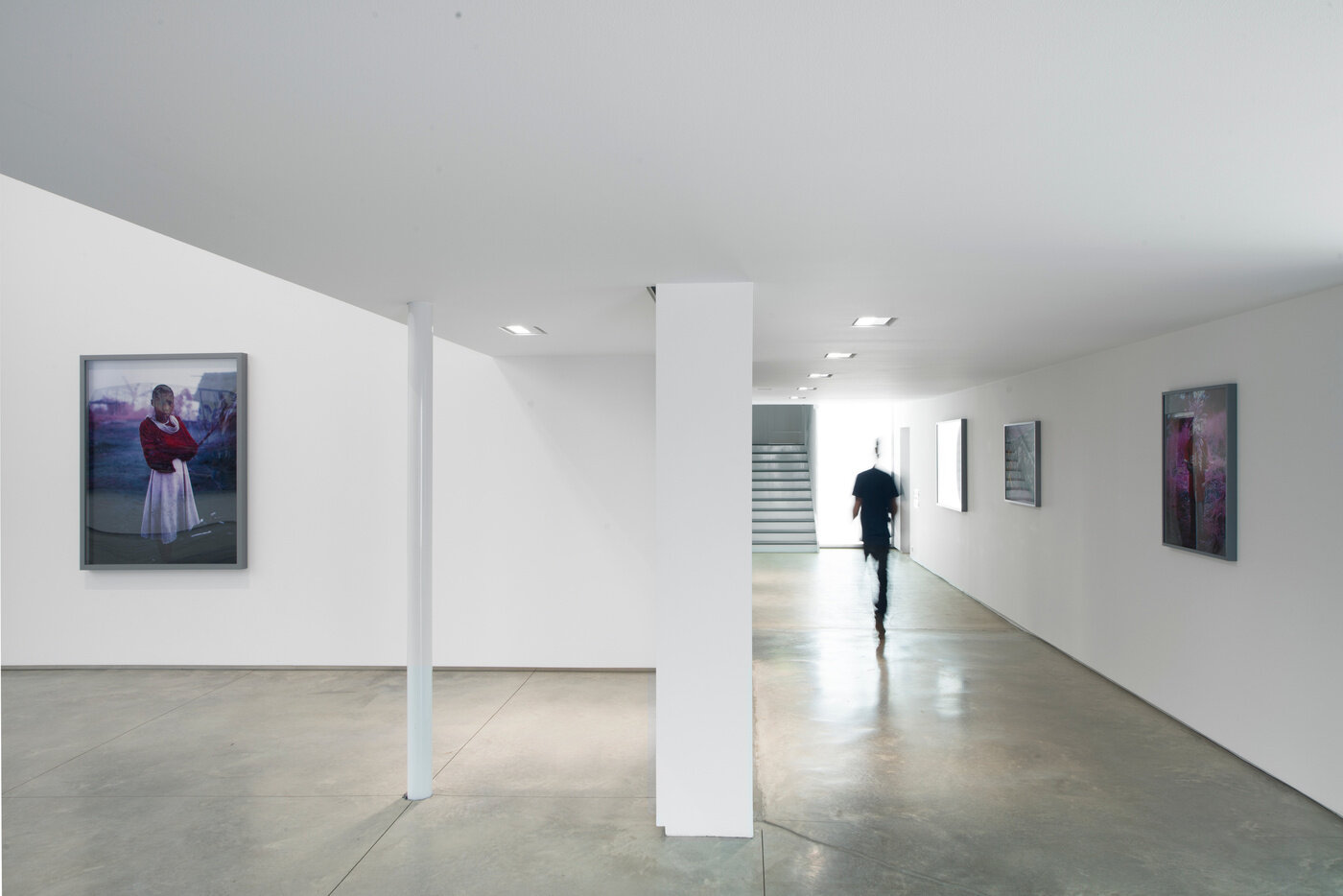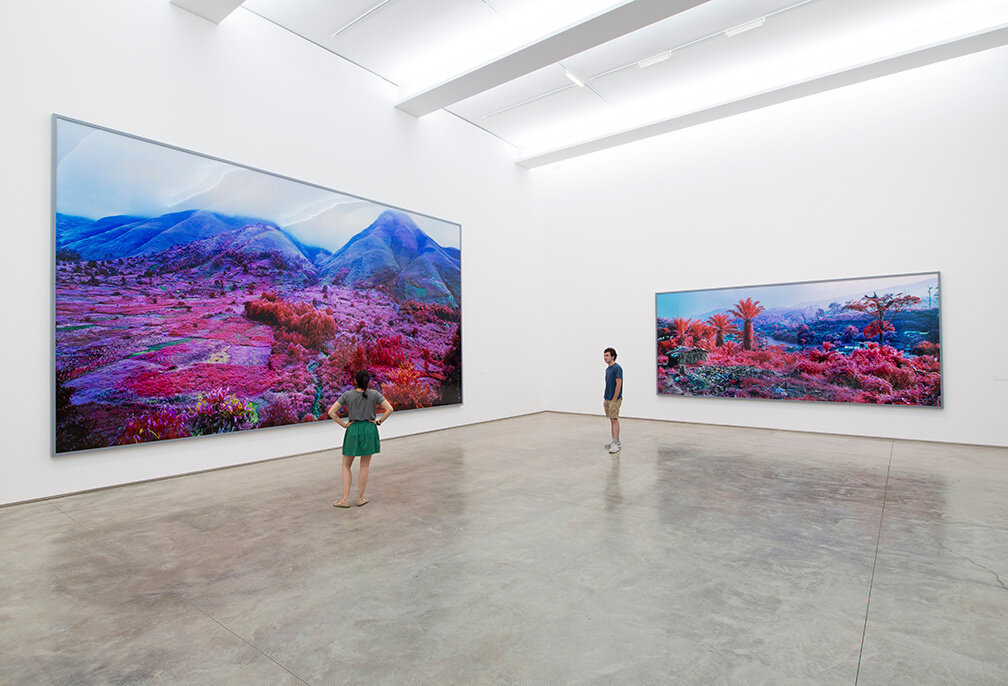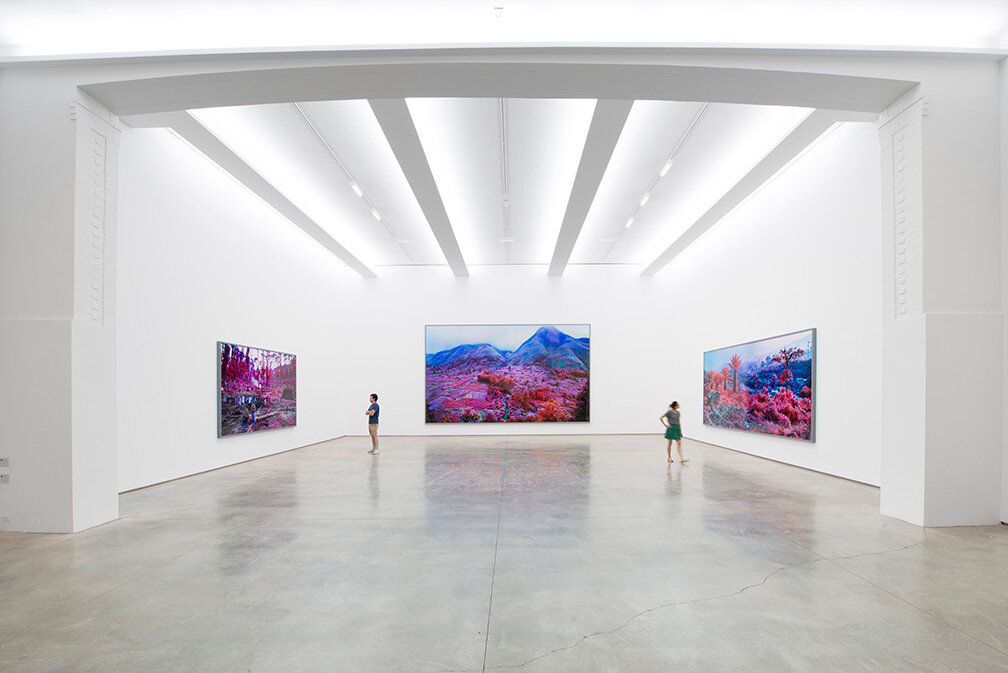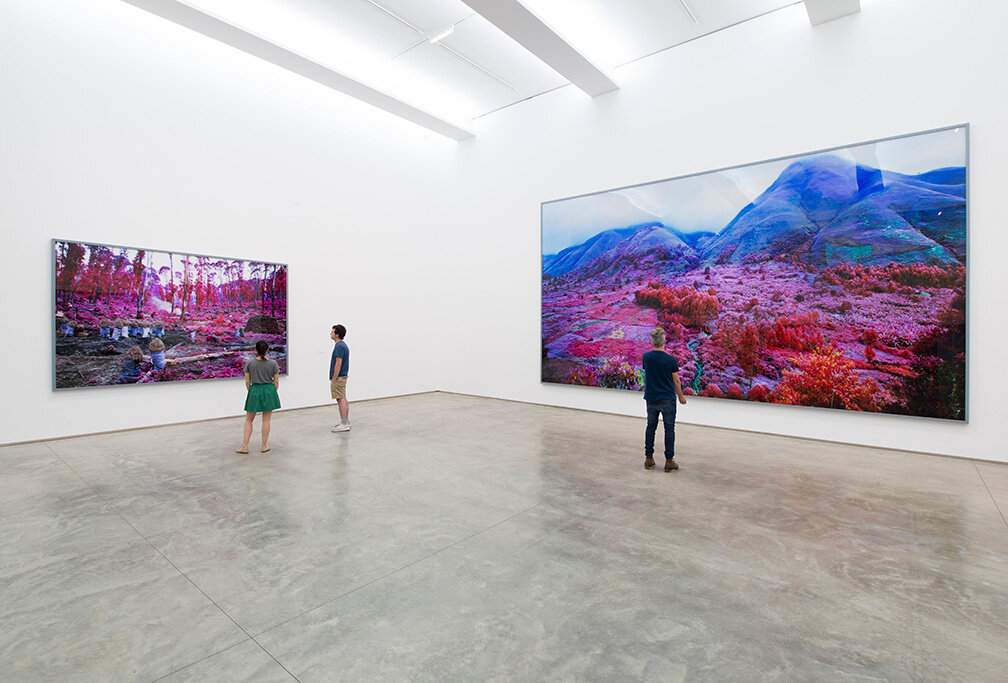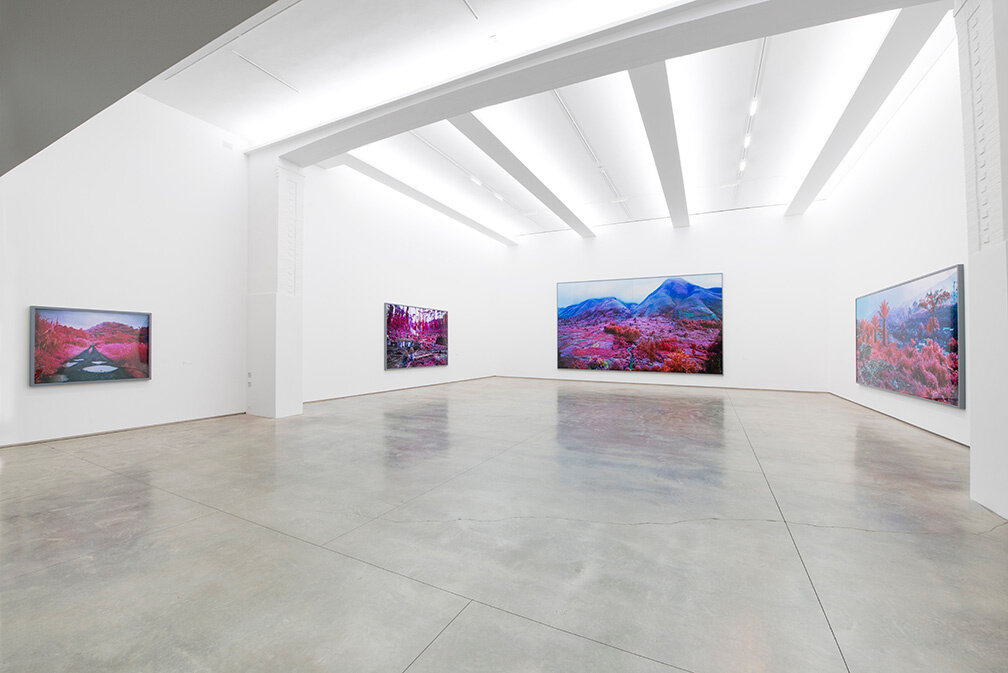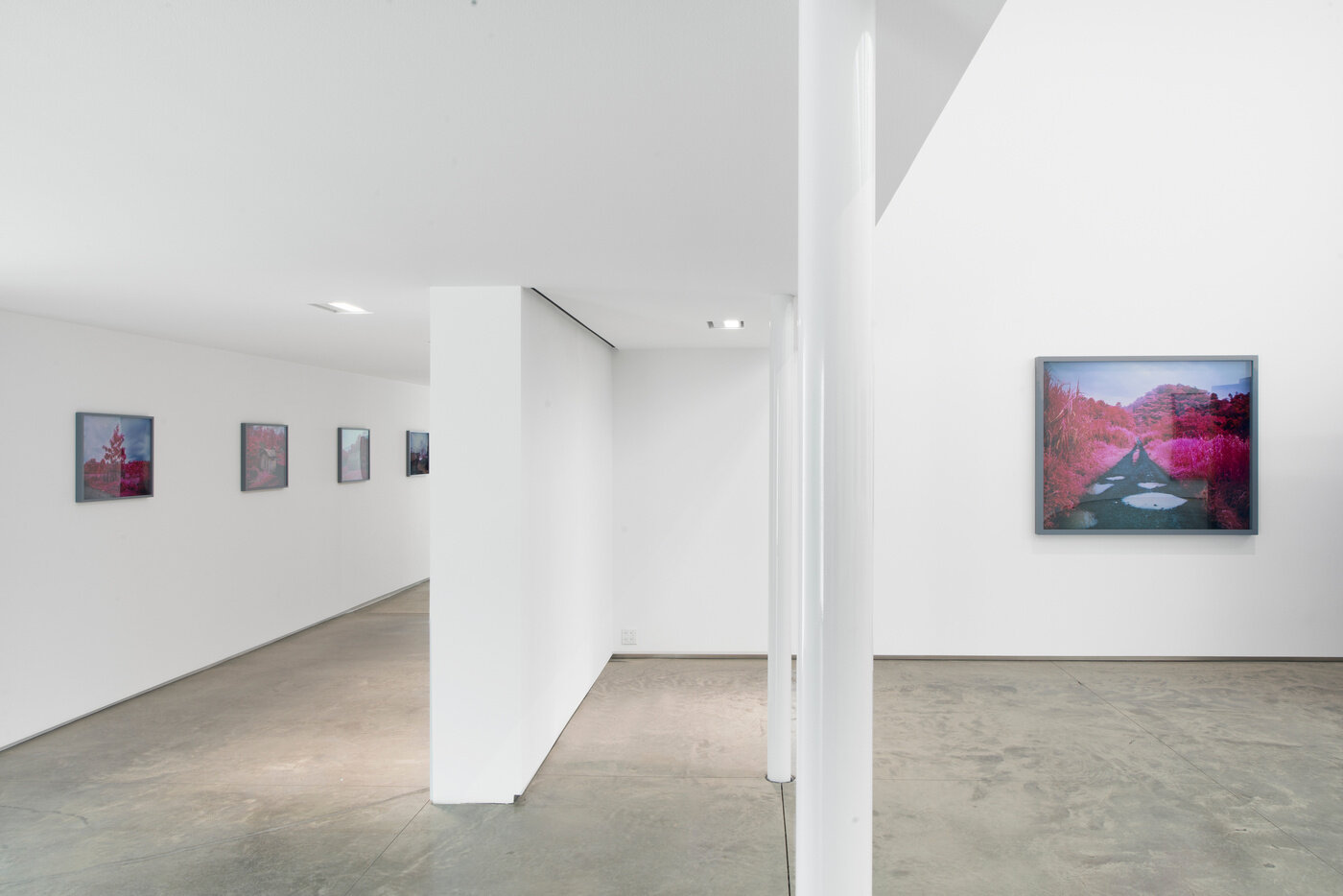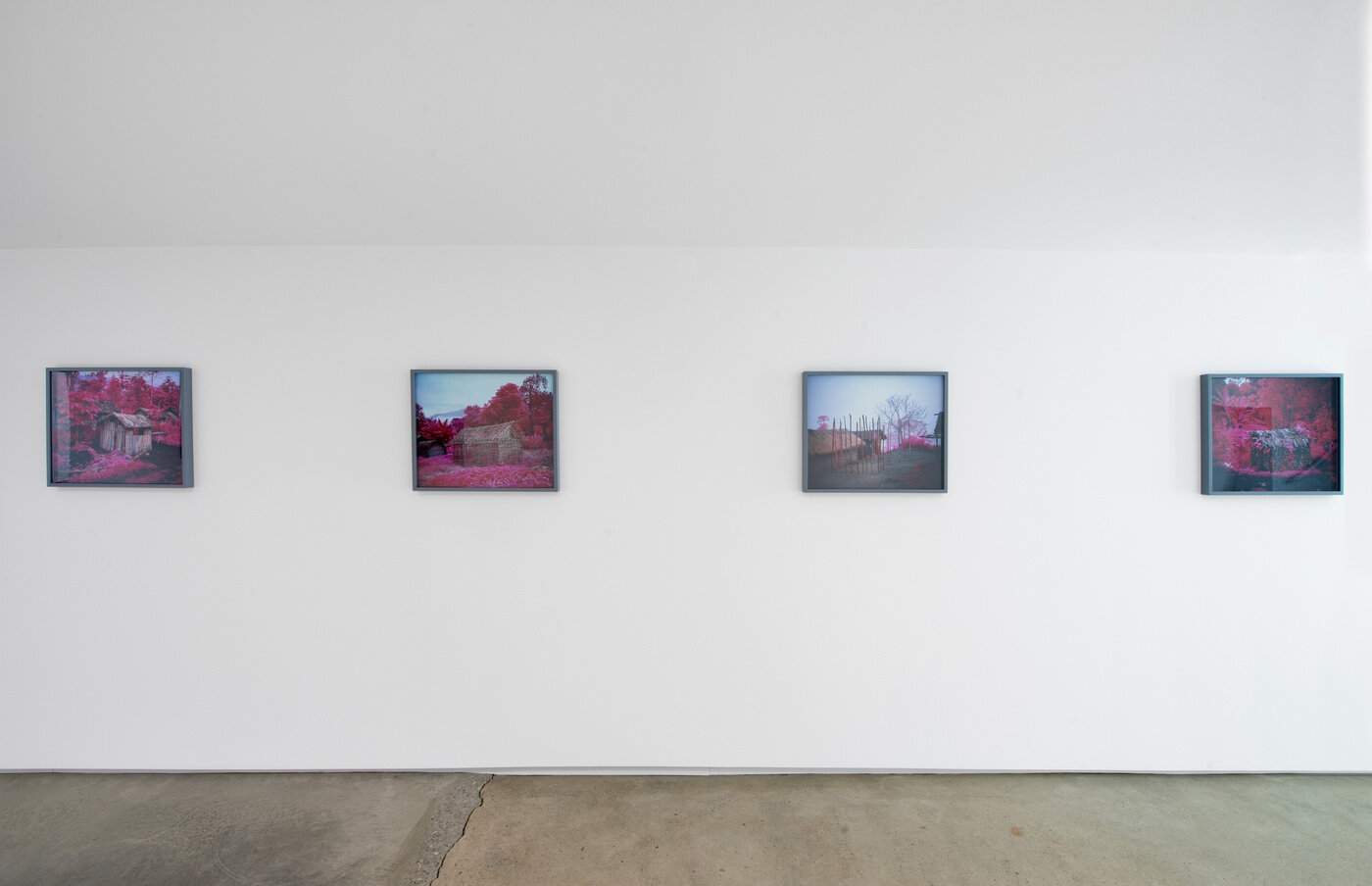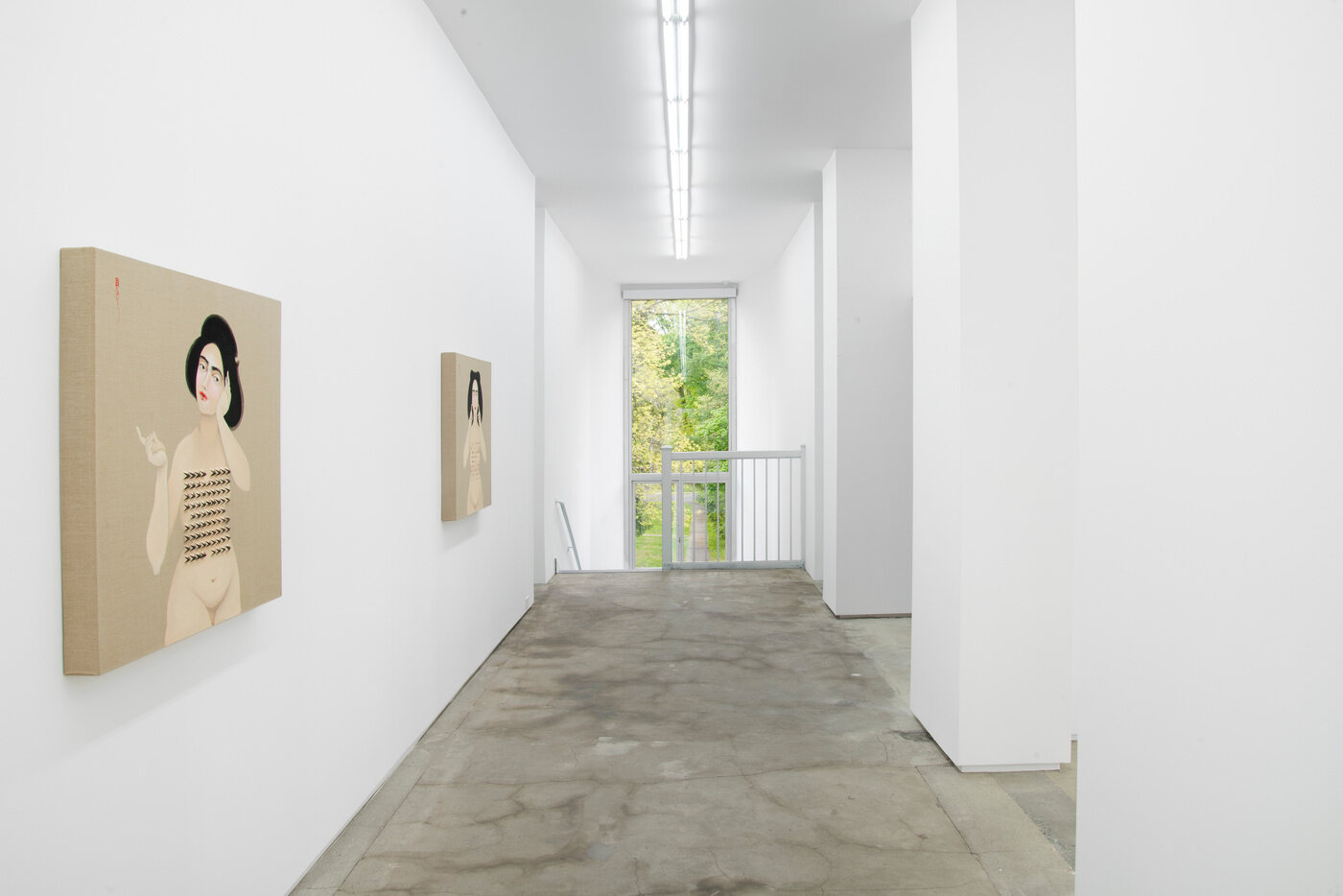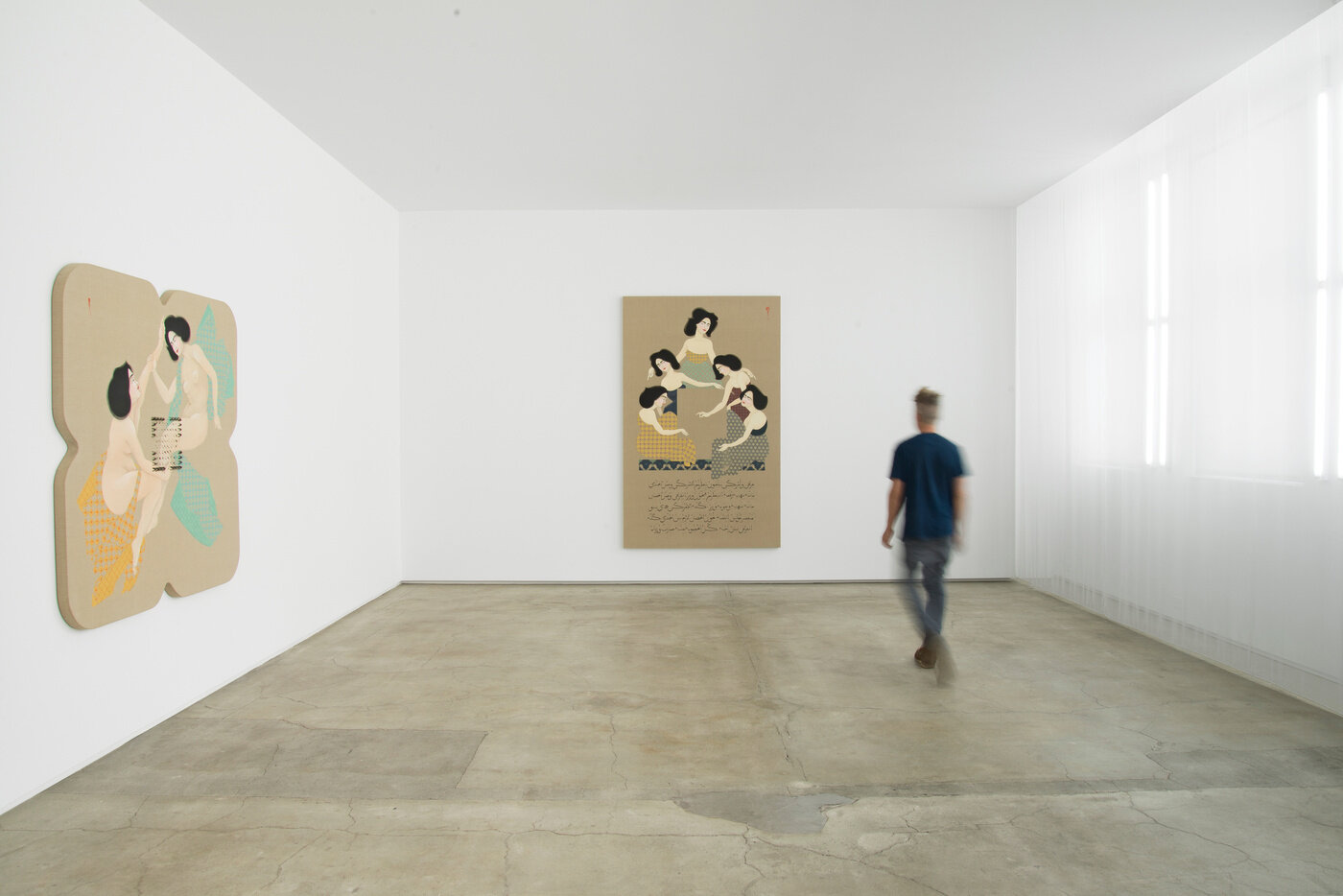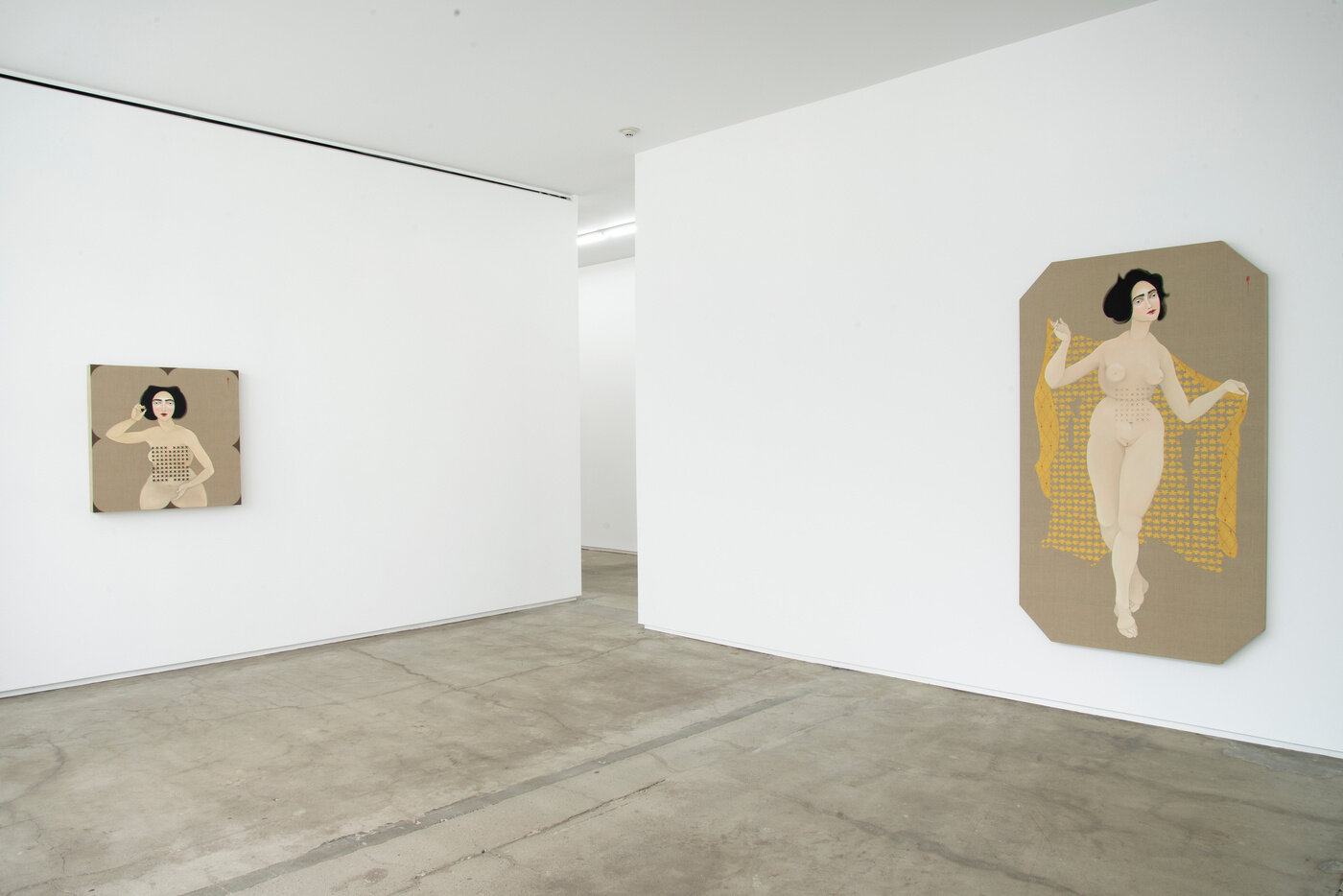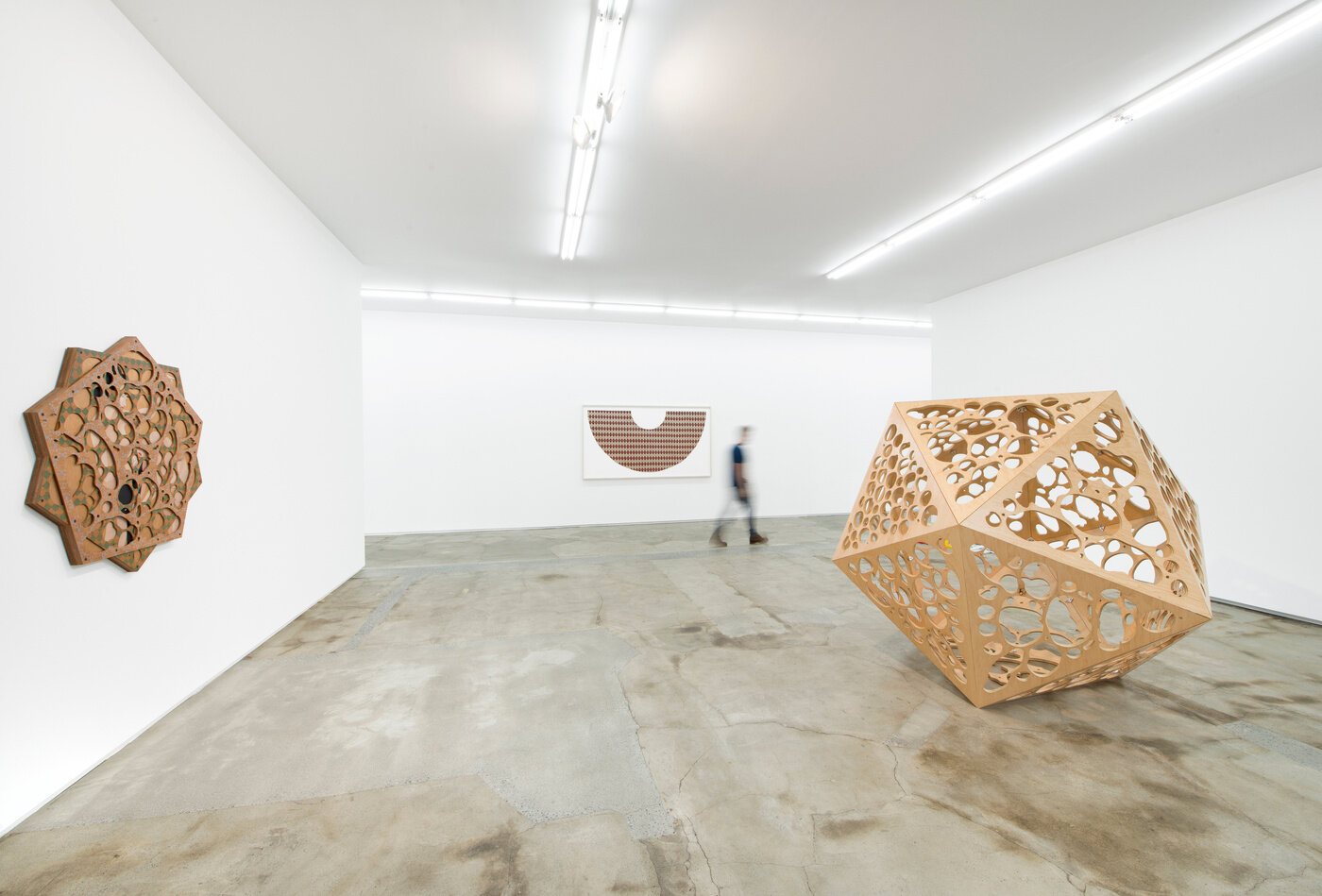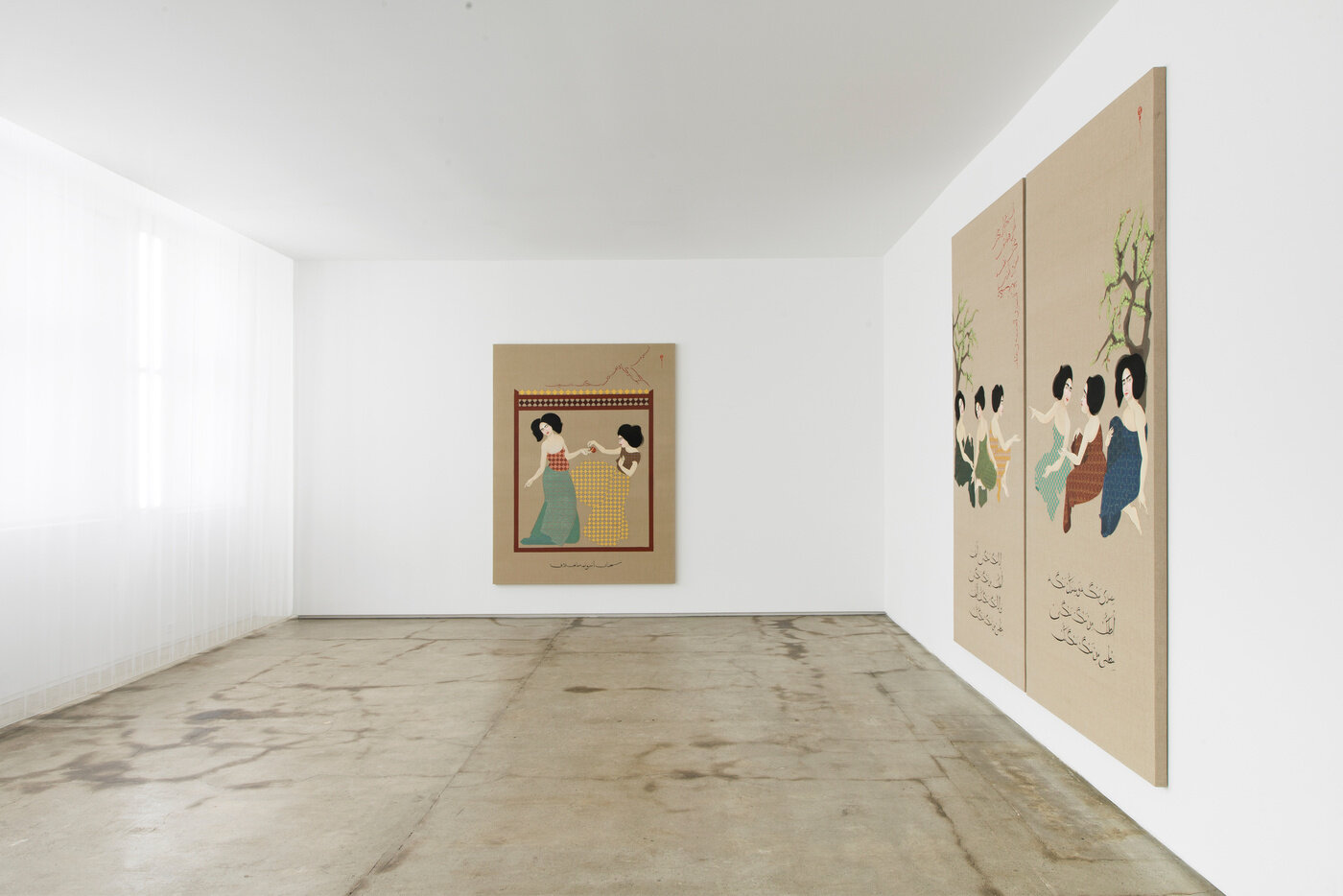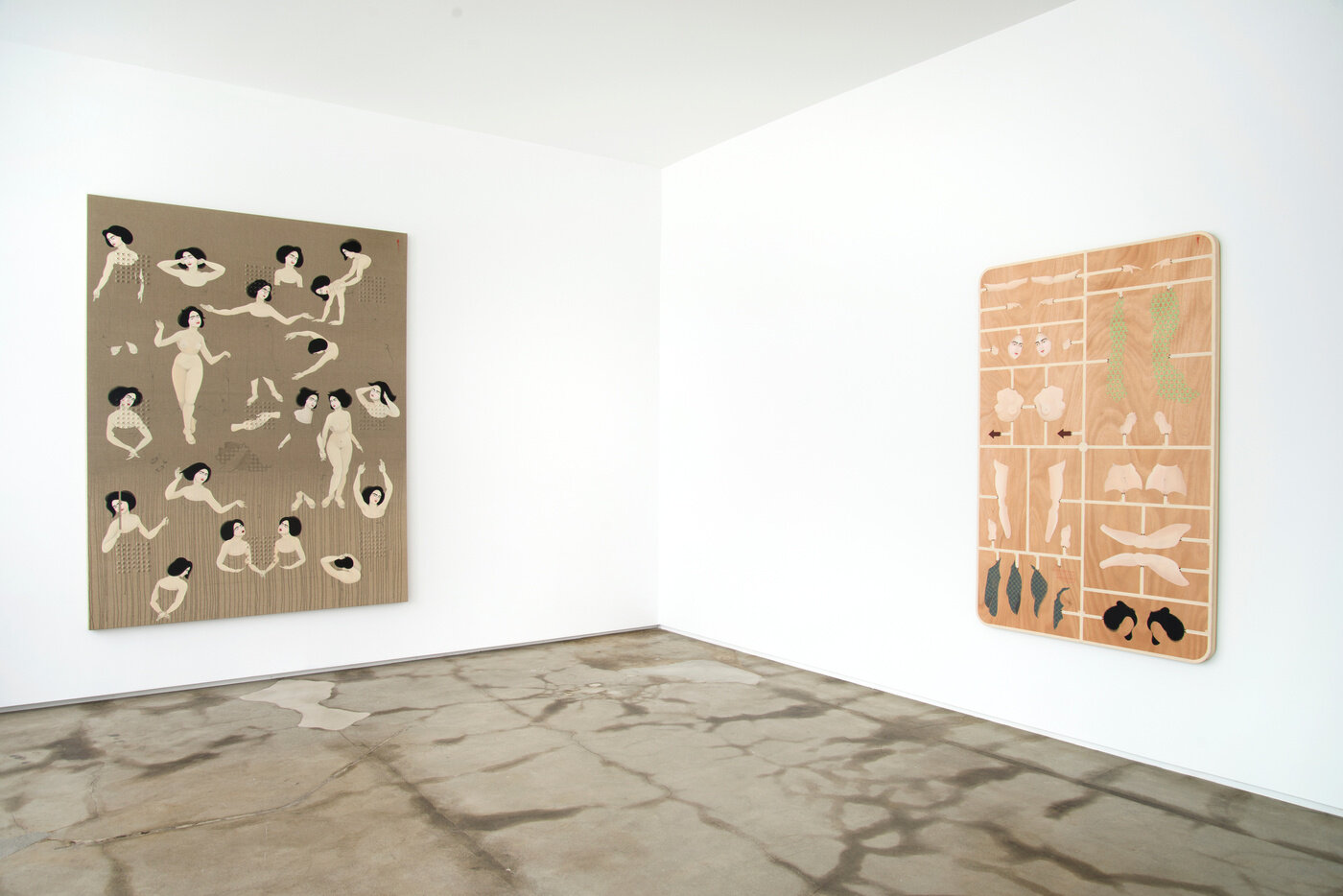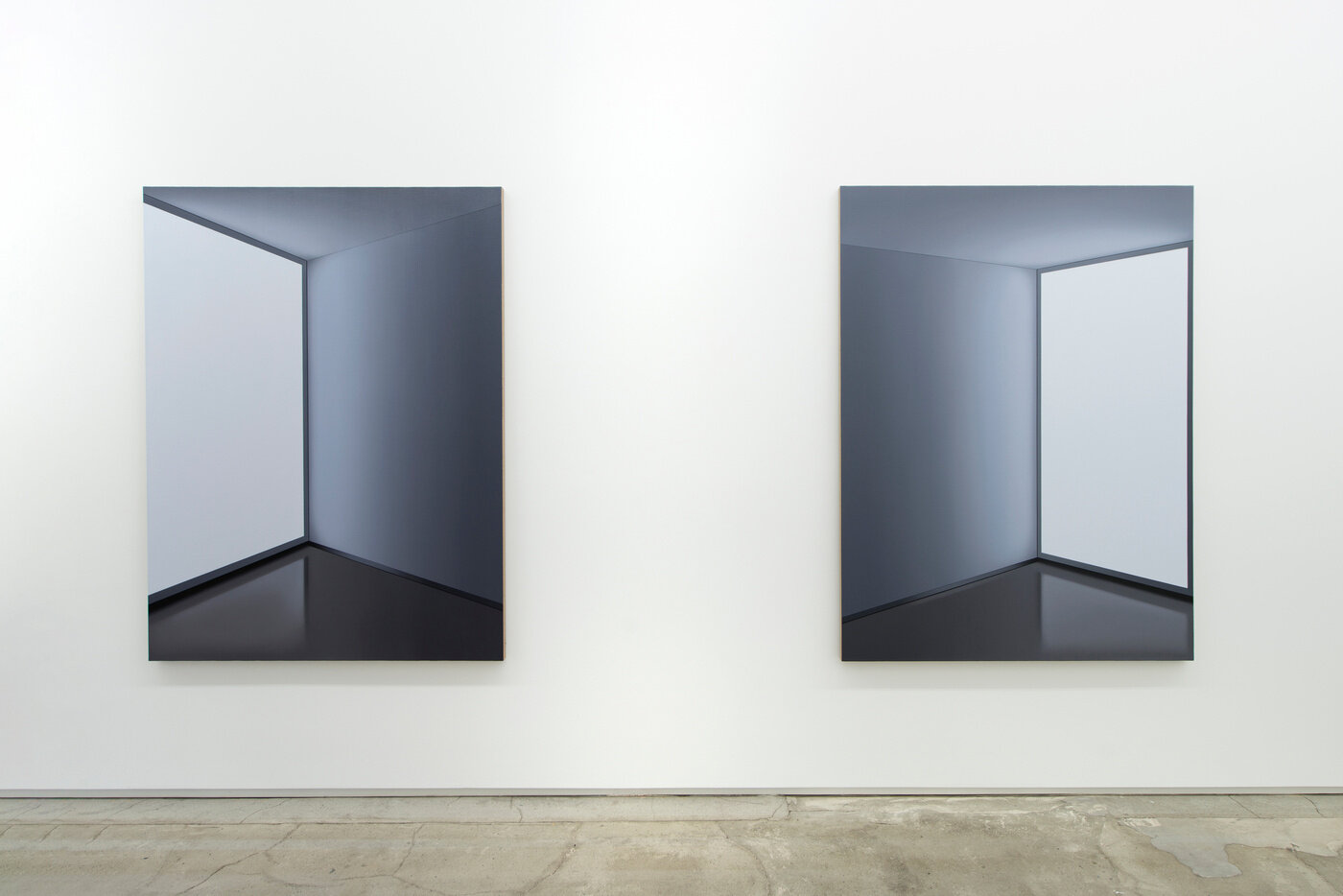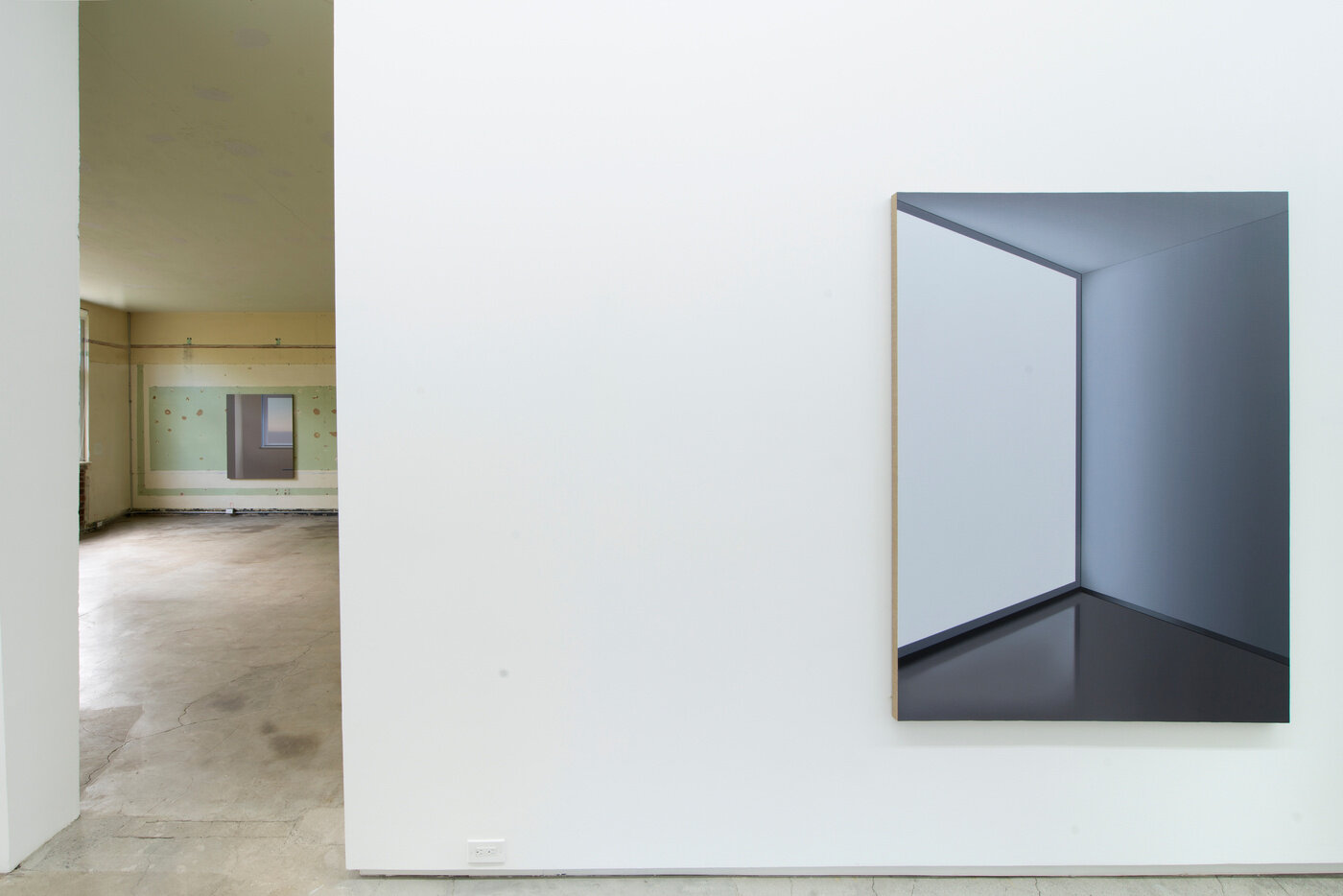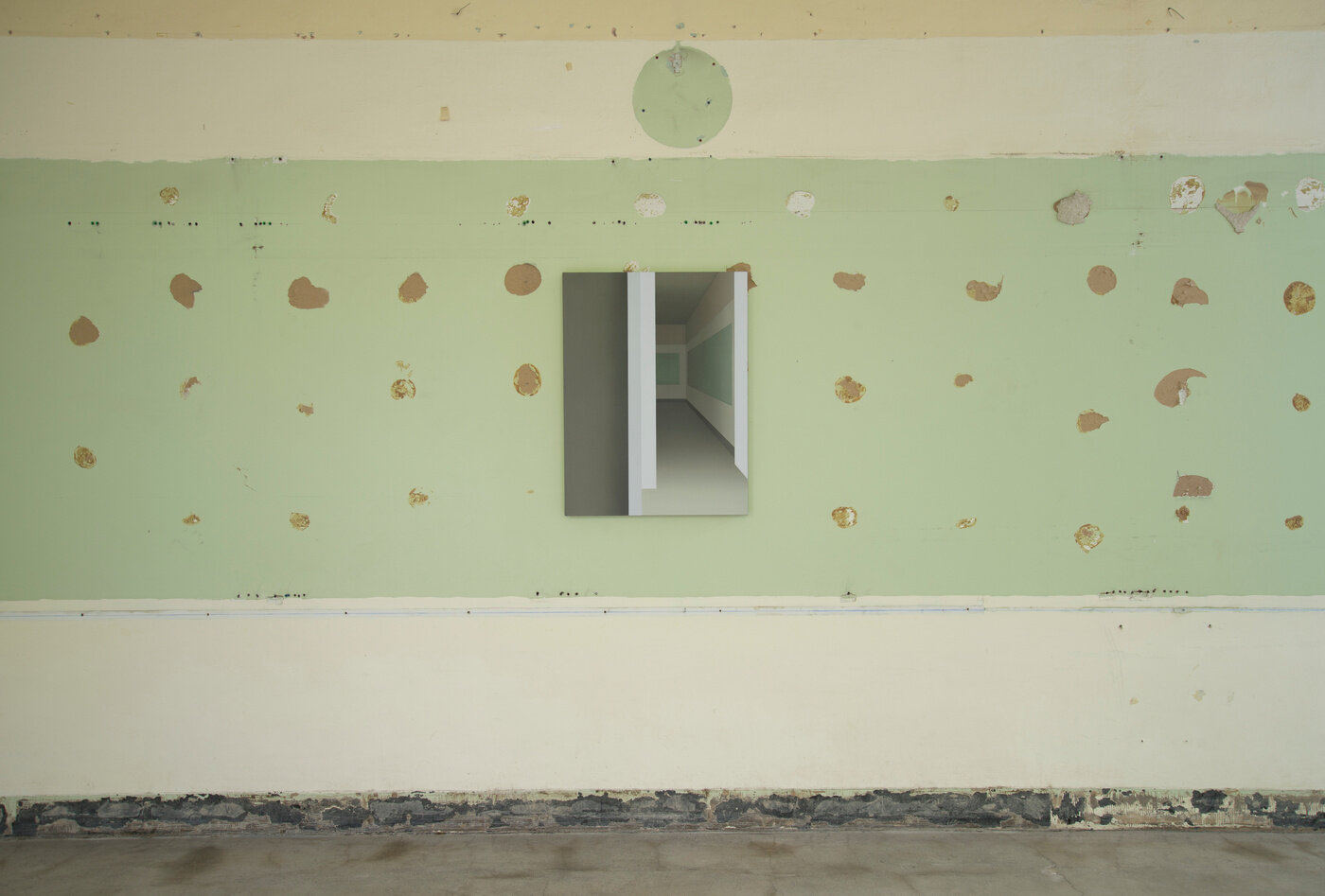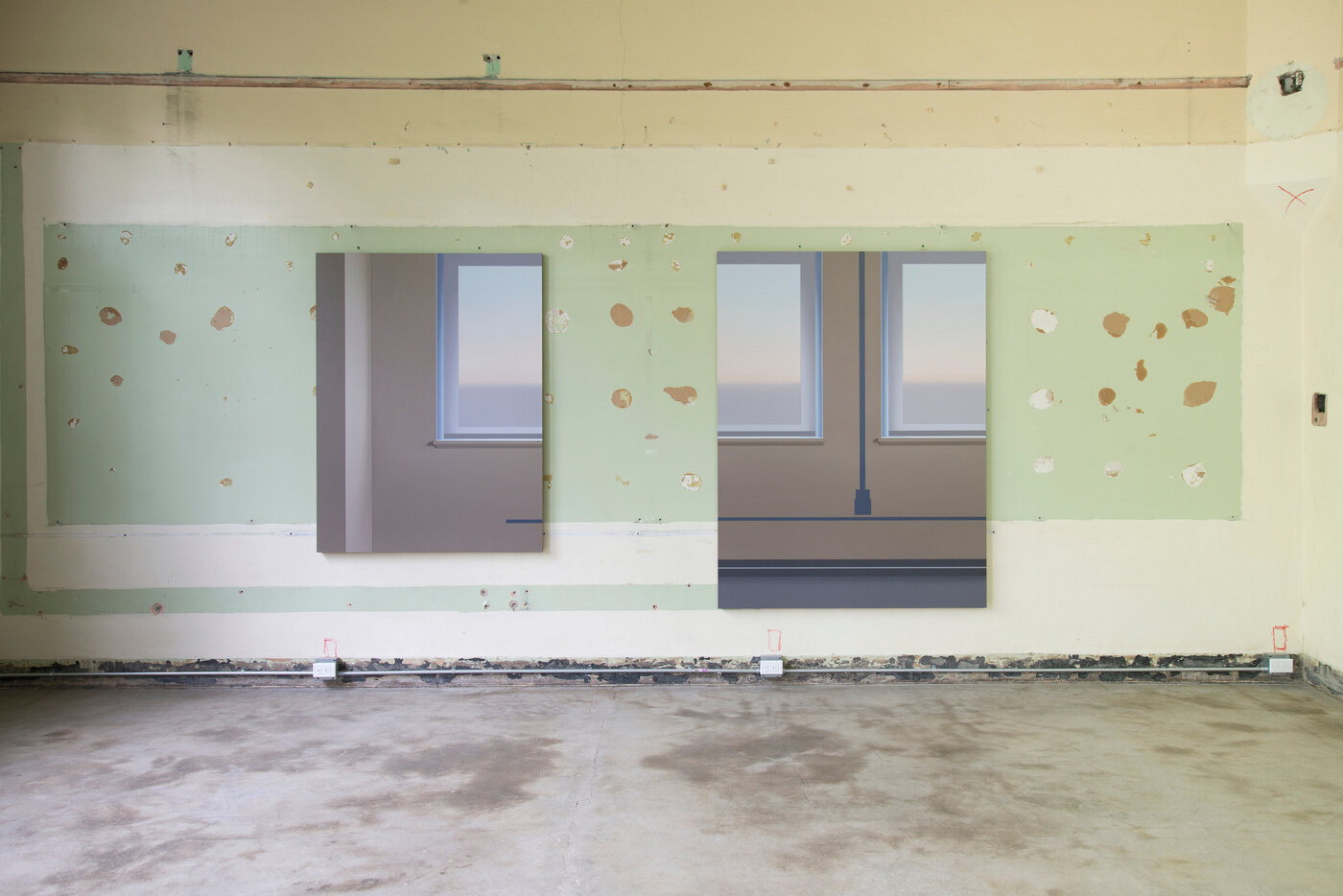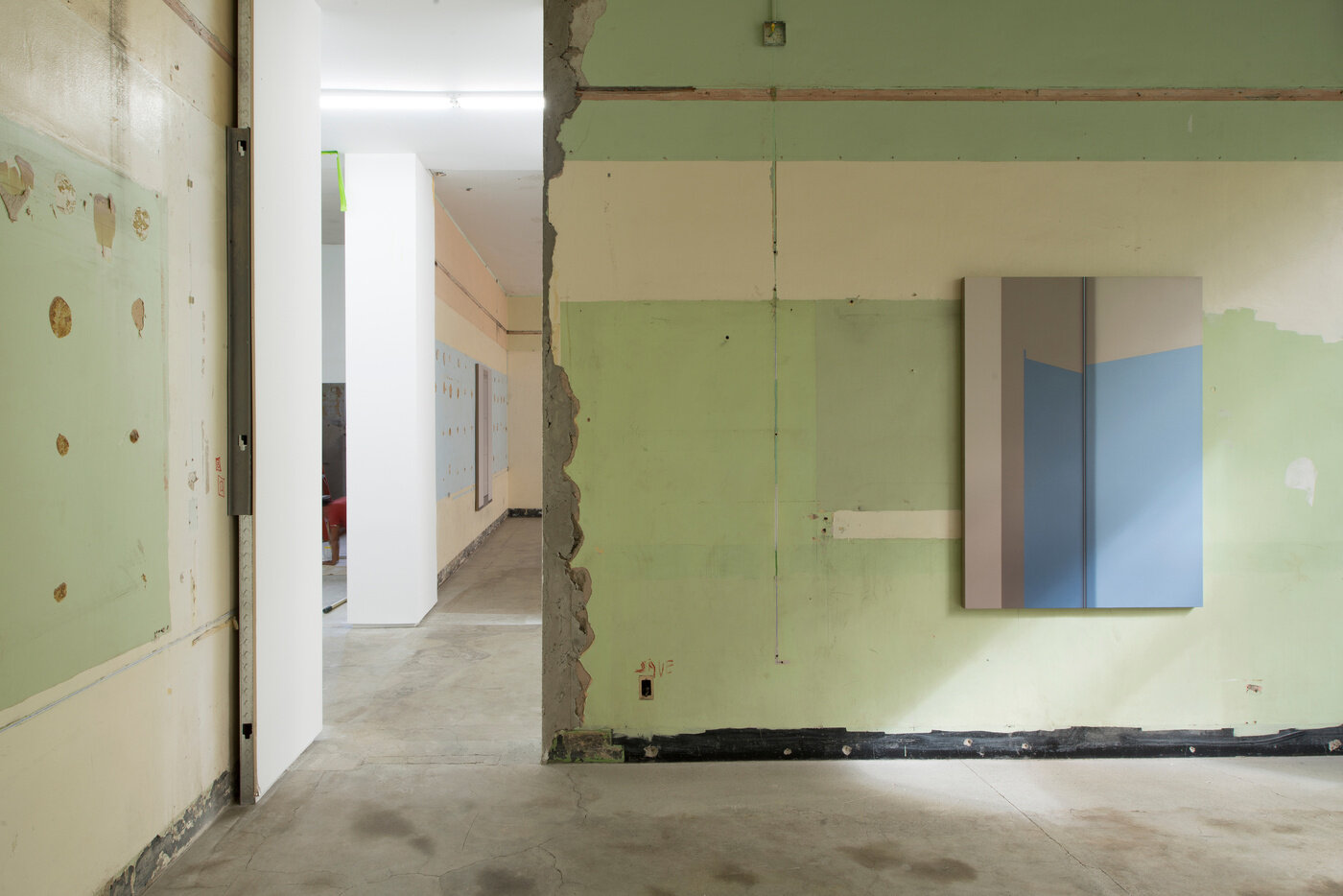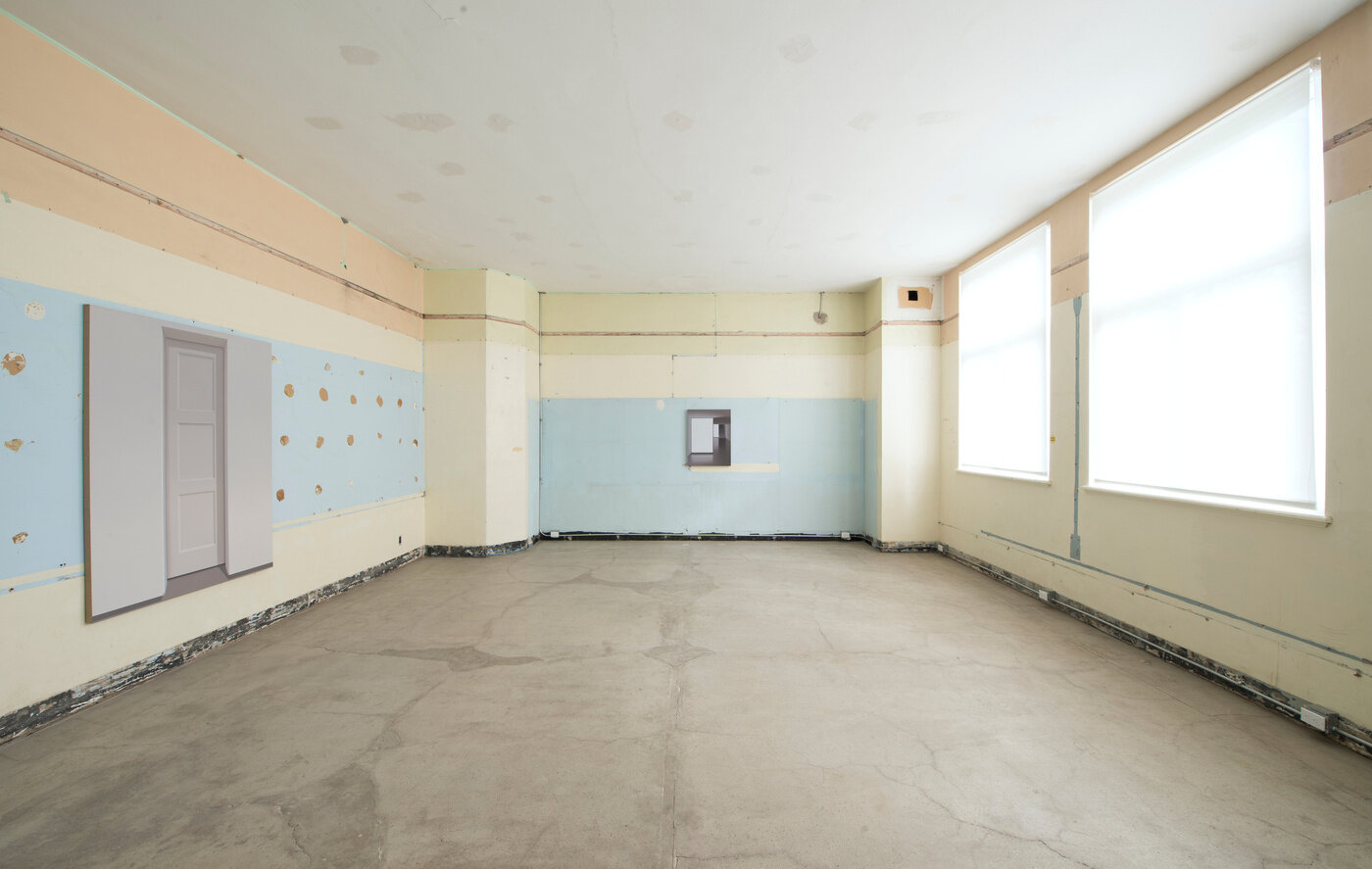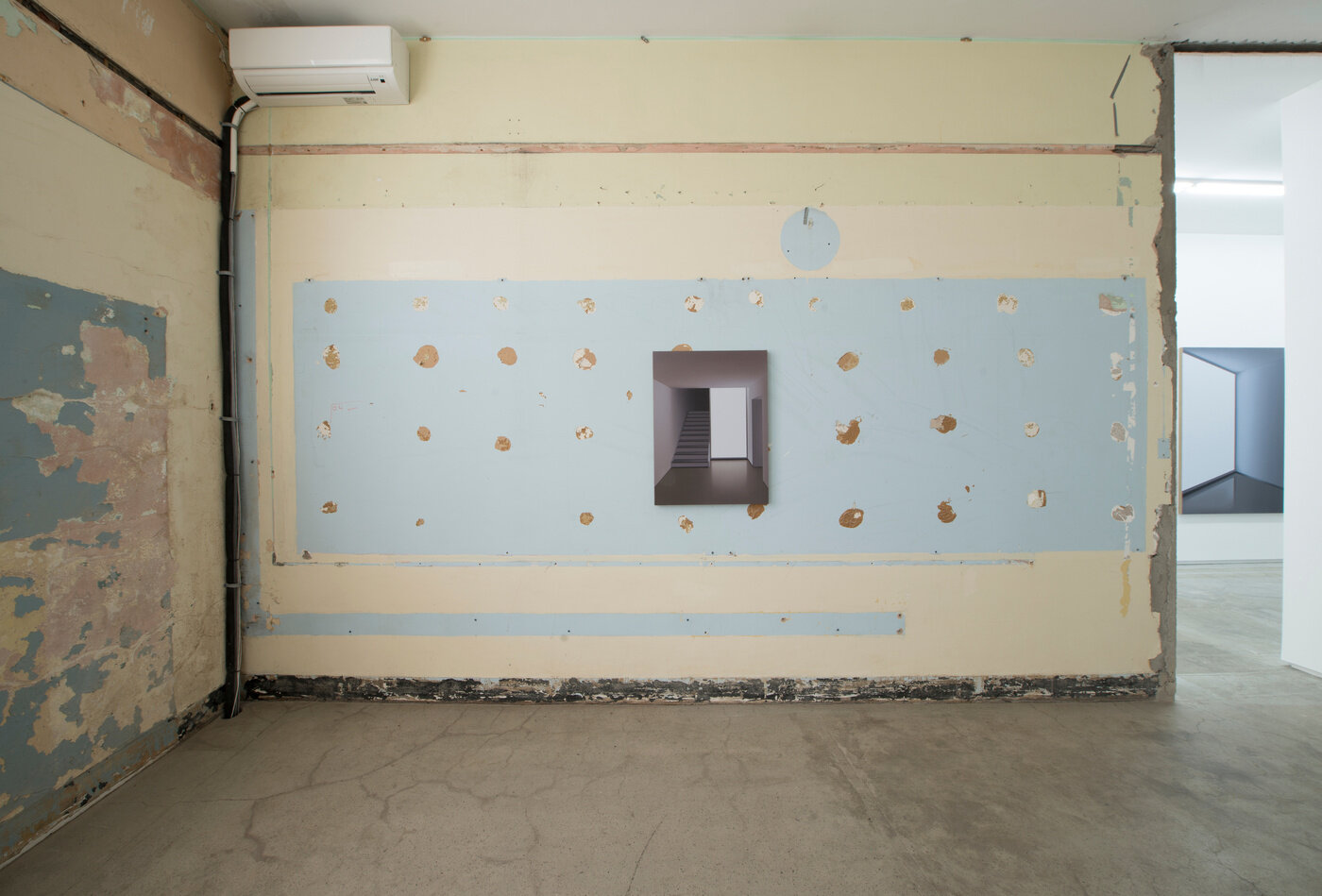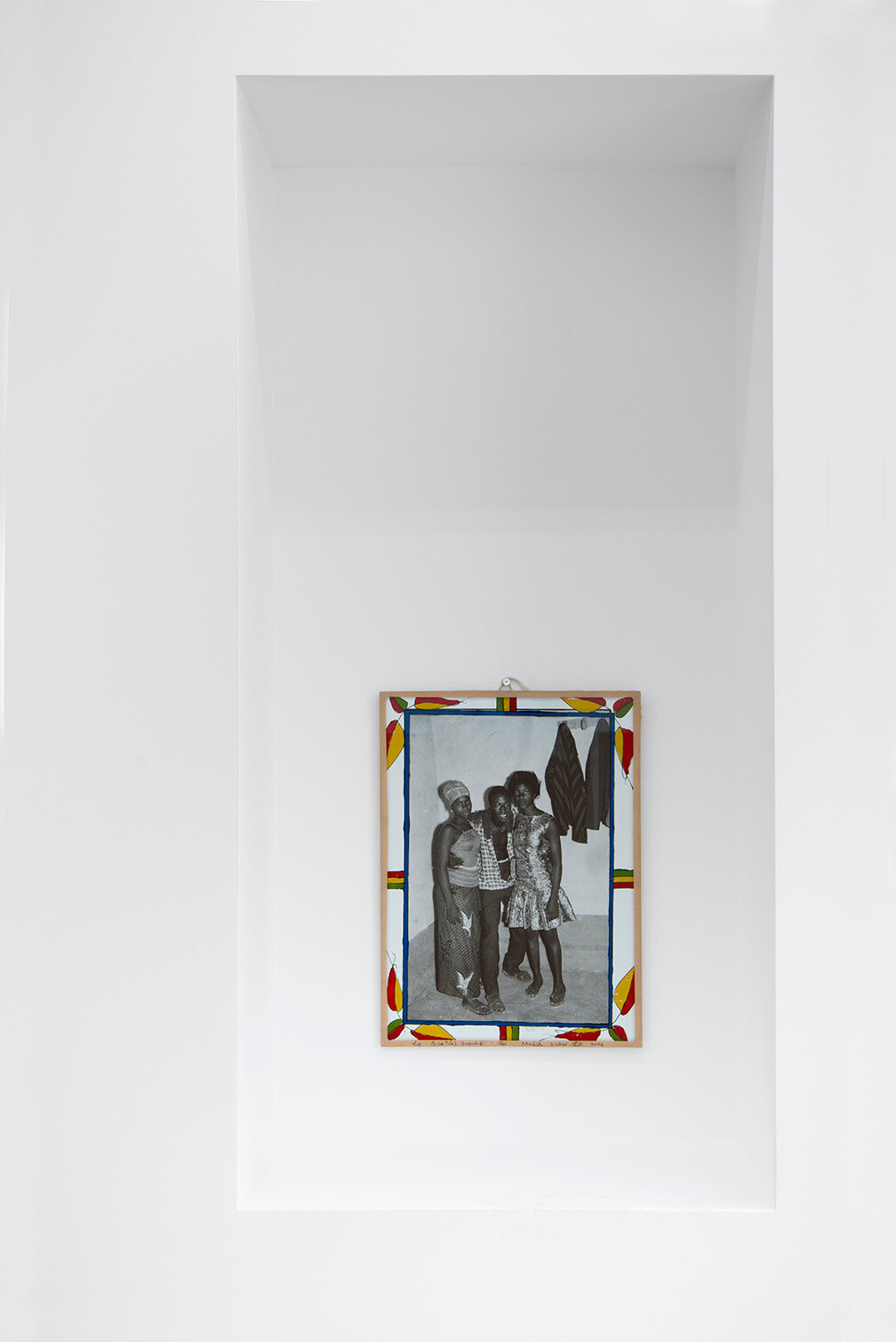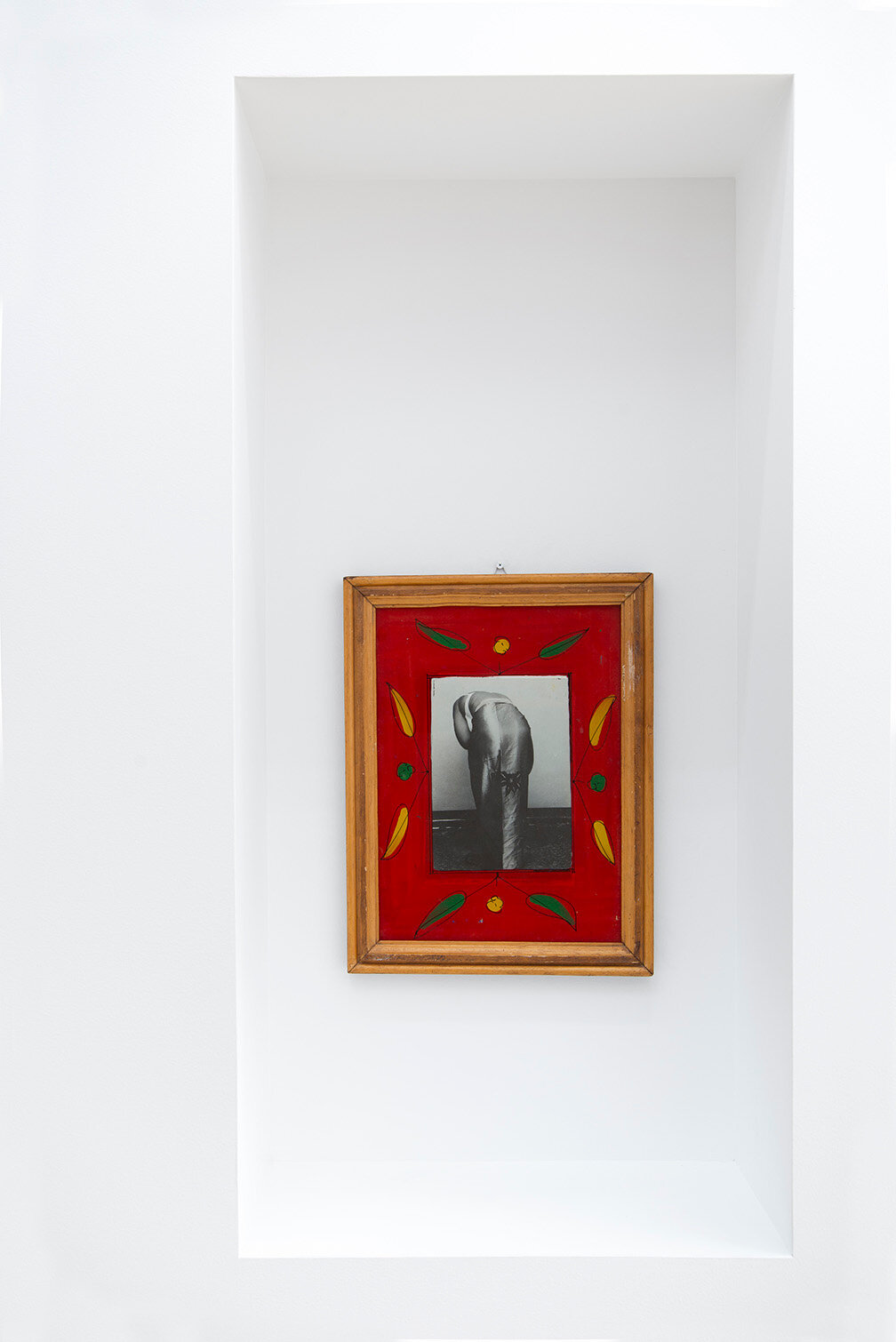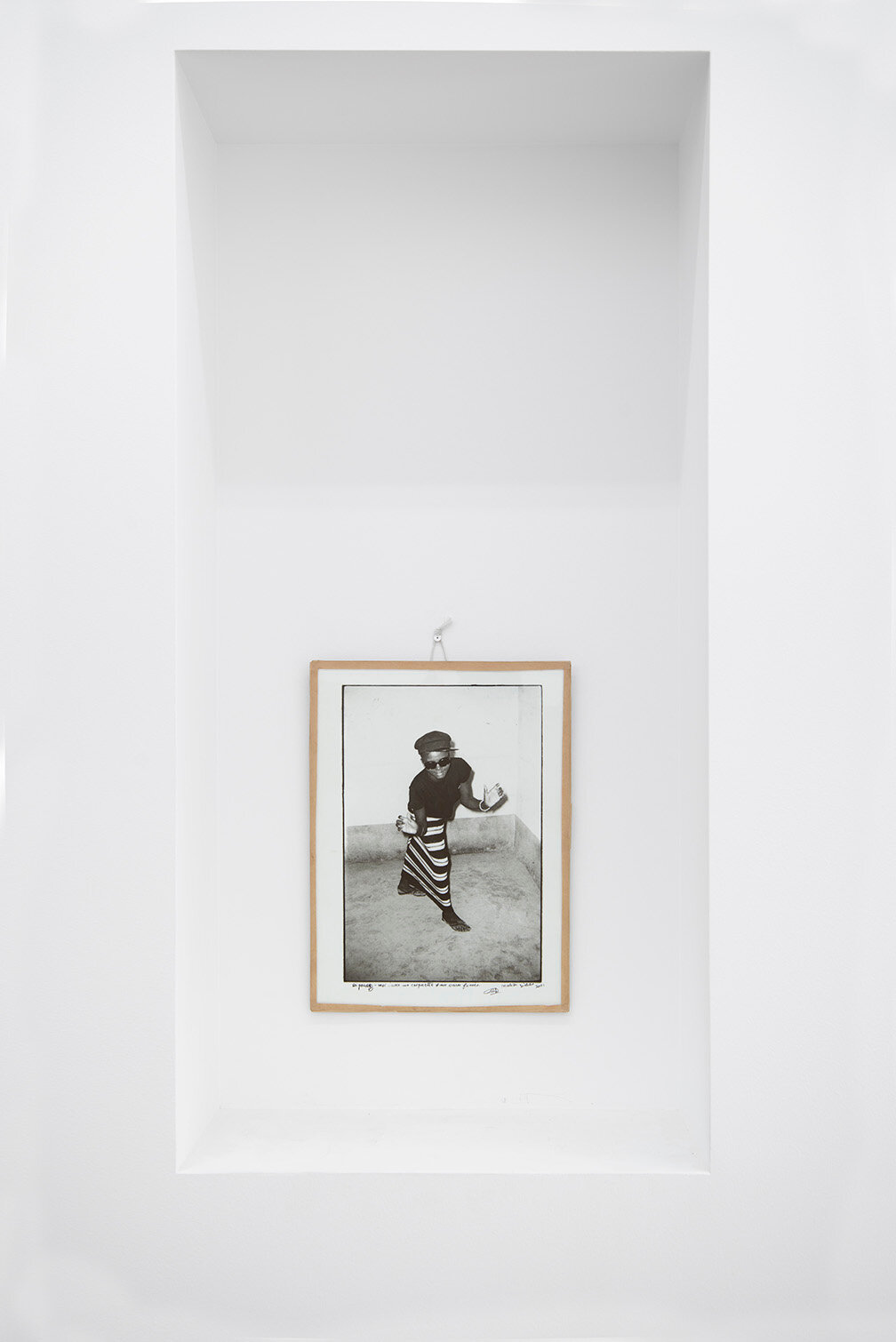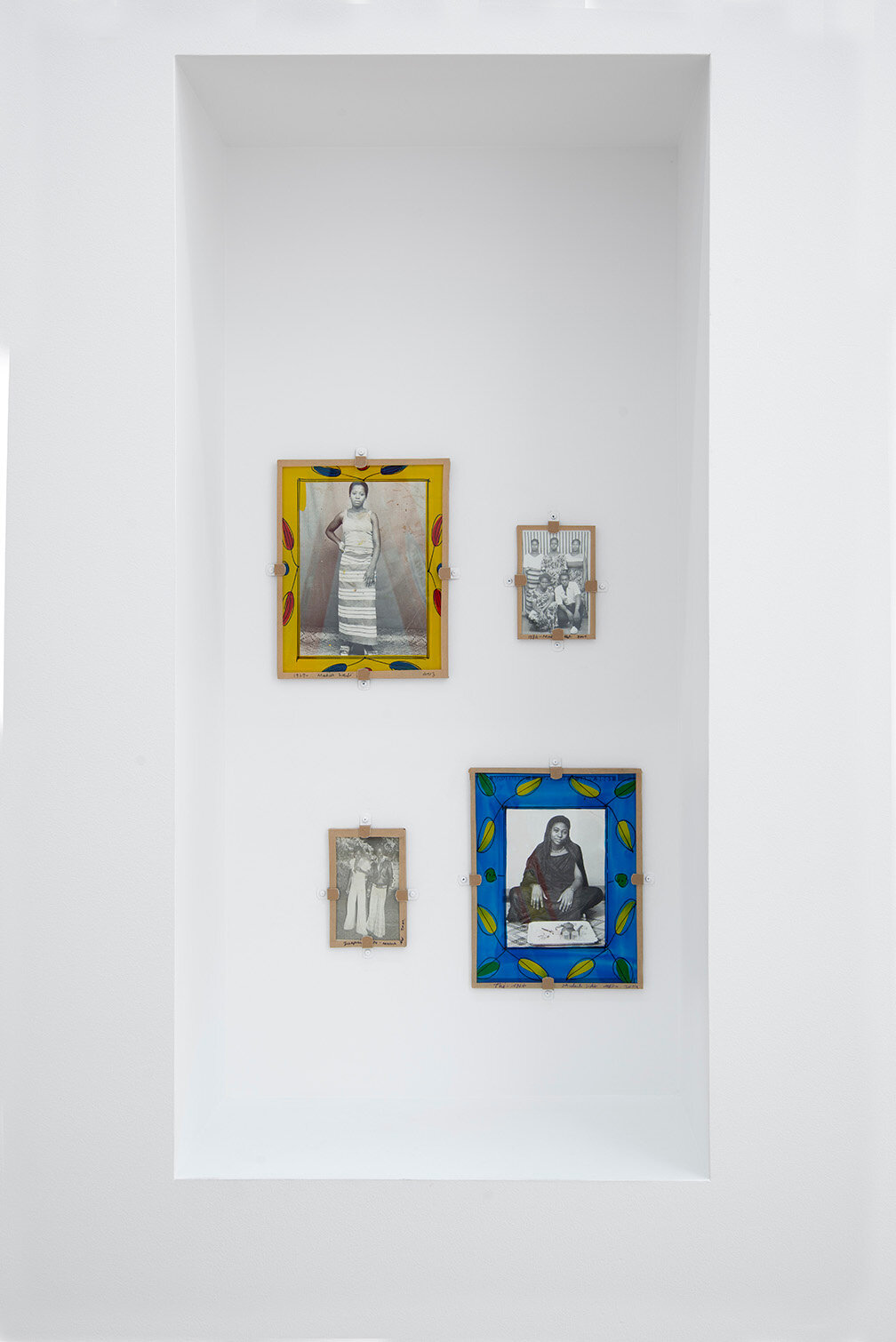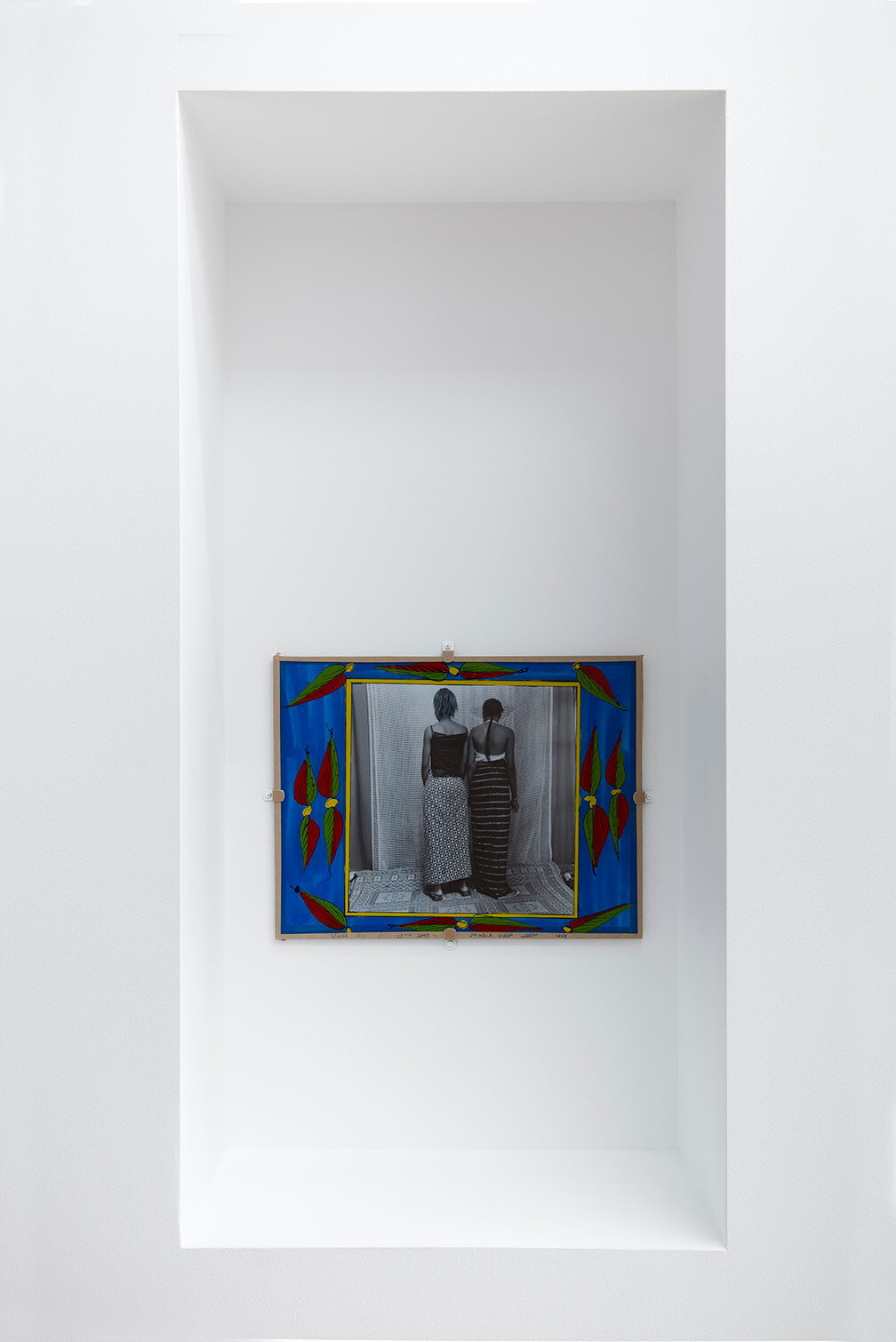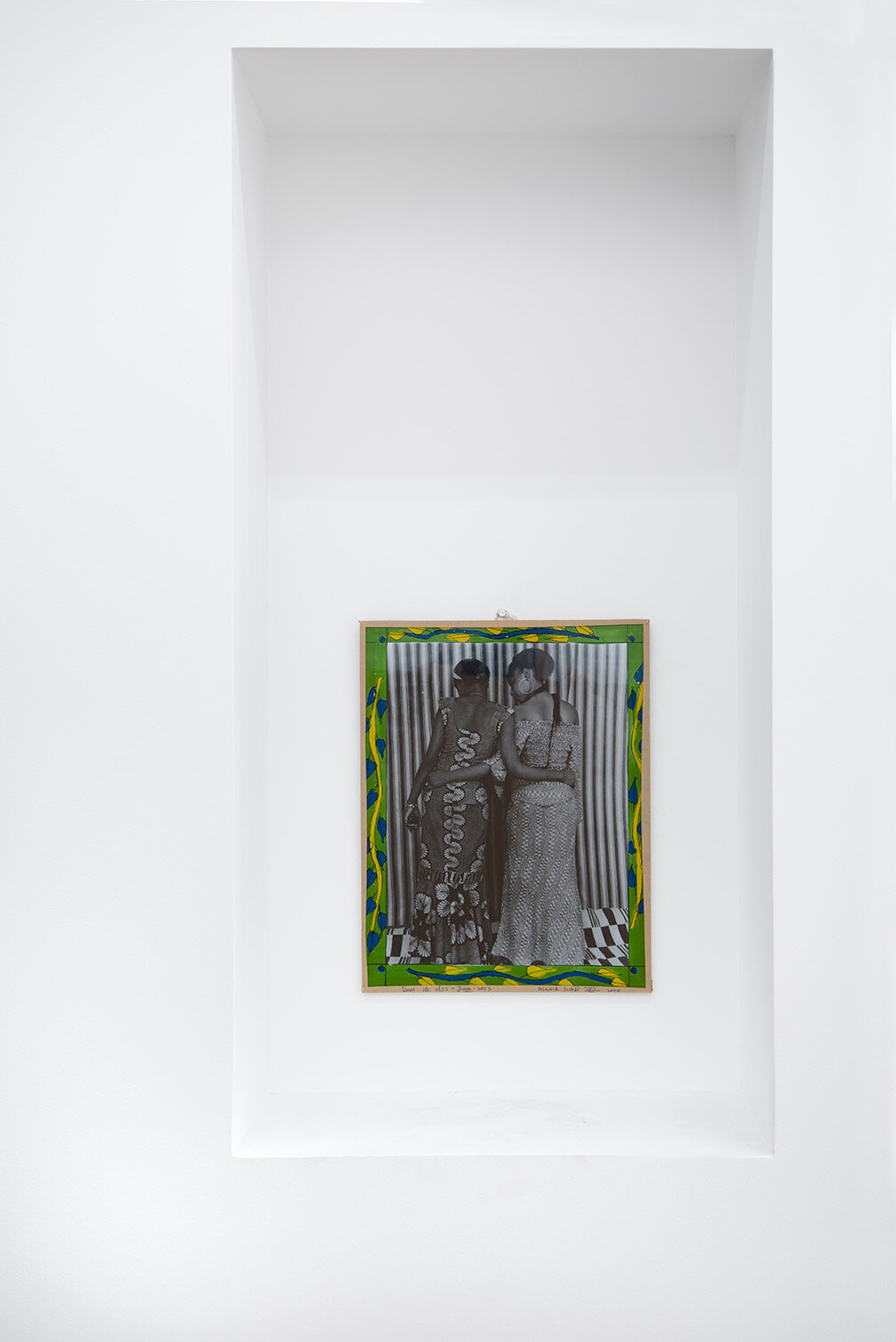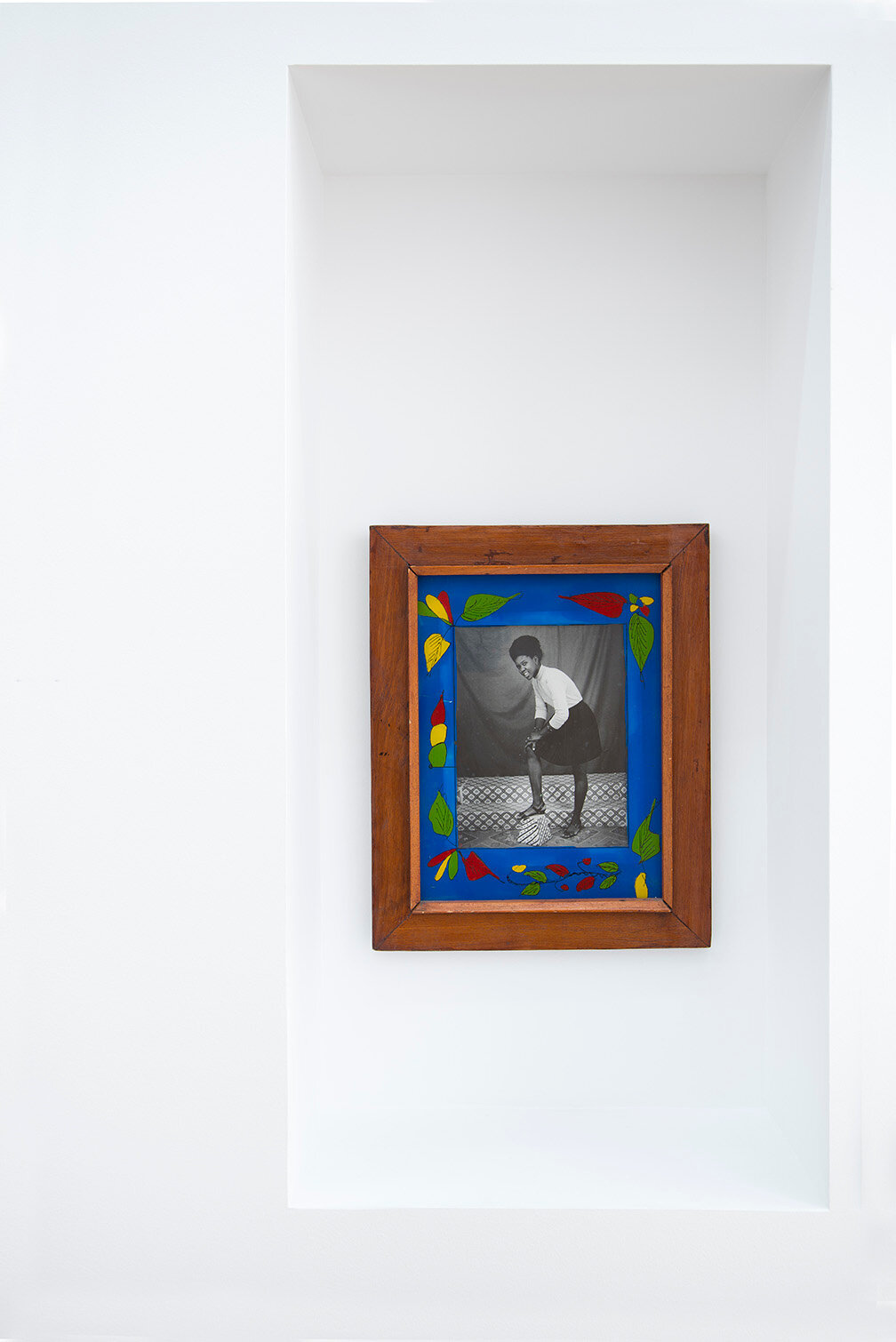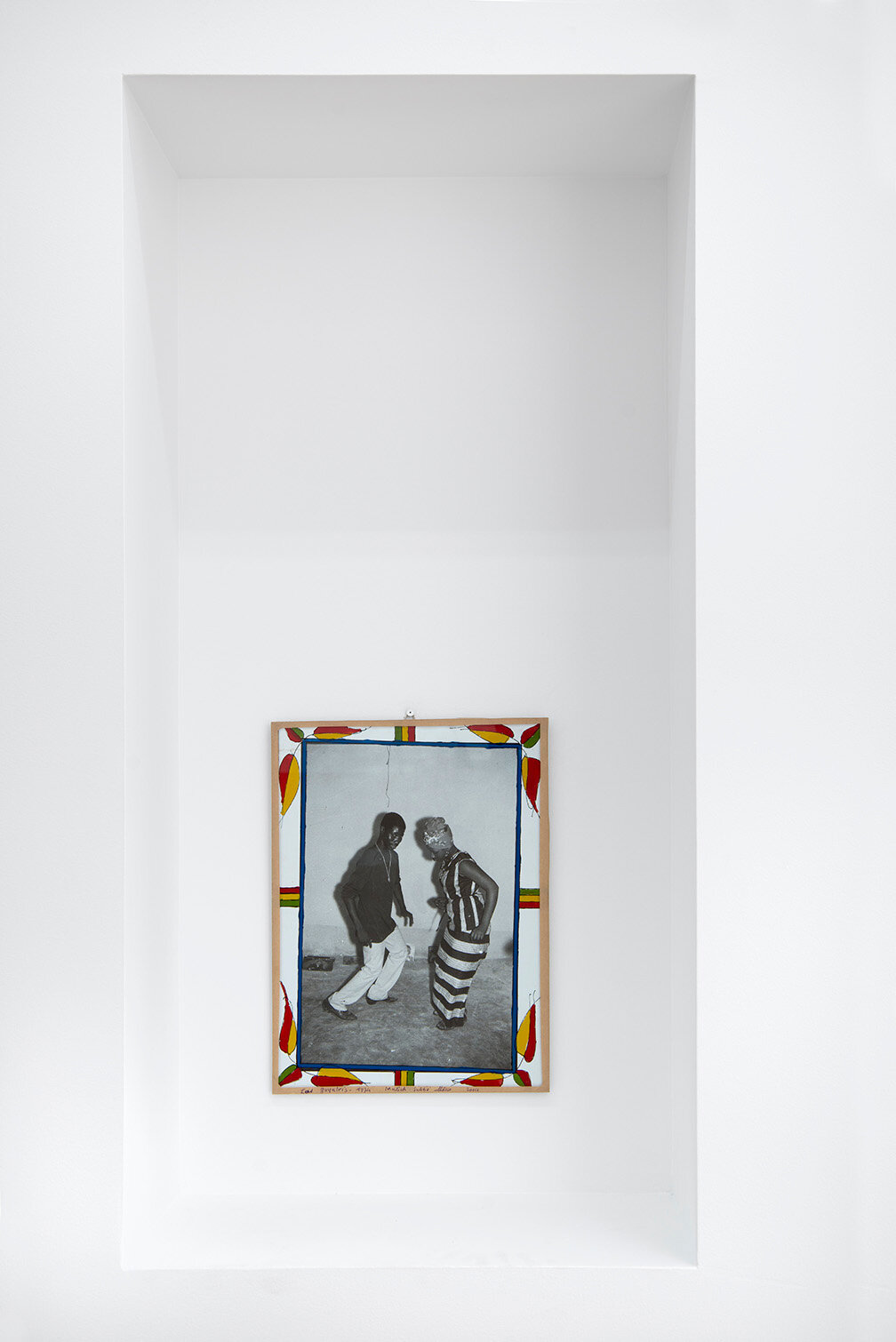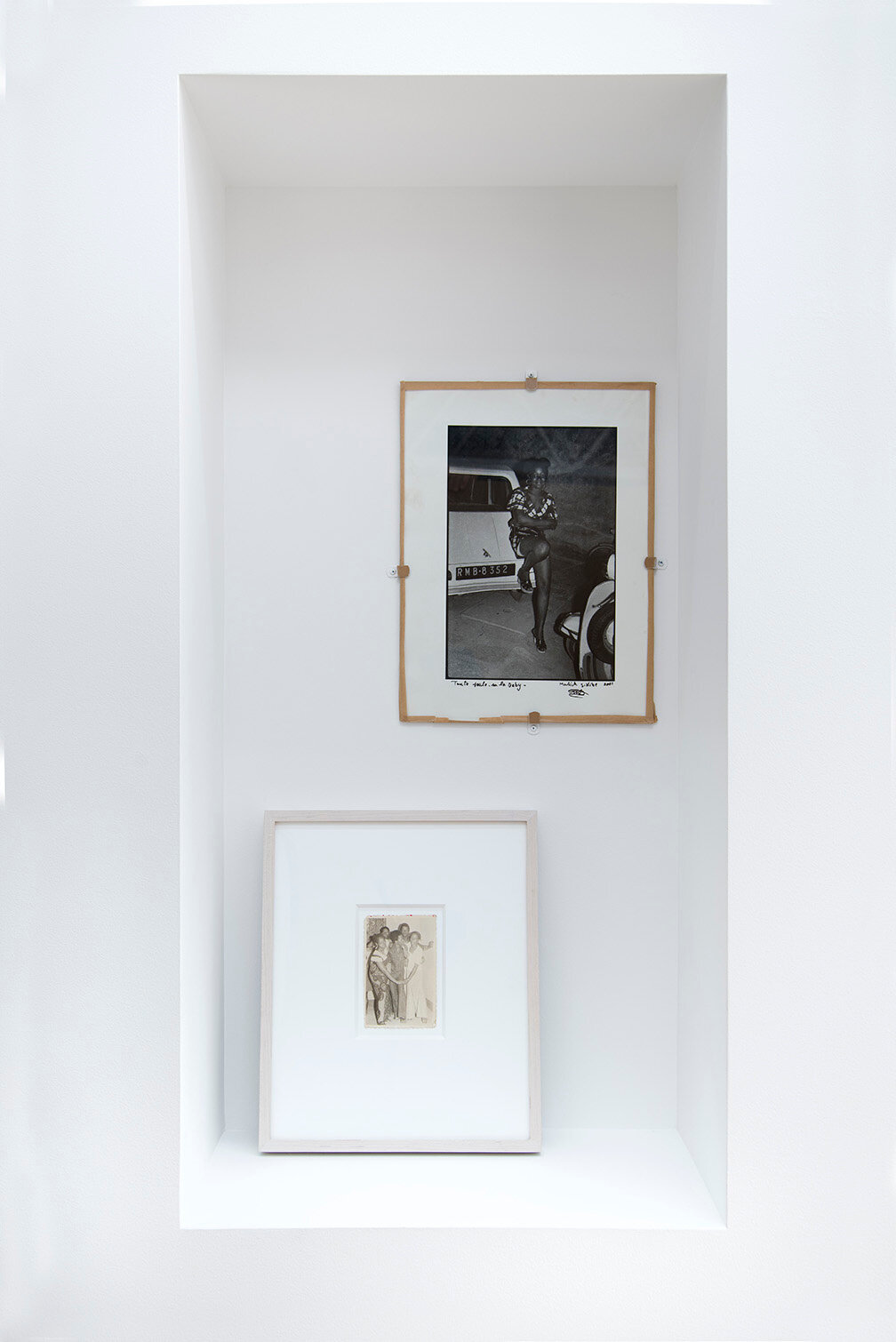A Change Of Place: Four Solo Exhibitions
Works (Tap to zoom)
Press Release
PIERRE DORION, HAYV KAHRAMAN, RICHARD MOSSE, and GARNETT PUETT
A Change of Place: Four Solo Exhibitions
Jack Shainman Gallery is pleased to celebrate the second anniversary of The School with A Change of Place: Four Solo Exhibitions, on view now until October 29, 2016. Working across painting, photography, and sculpture, Pierre Dorion, Hayv Kahraman, Richard Mosse, and Garnett Puett converge on themes of transformation, environment, and remembrance.
Kahraman highlights the friction between memory and narrative through her personal history as an Iraqi émigré first to Europe and ultimately the United States. New works here recall a recurring sonic theme in the artist’s most taunting memories—the warning call of the siren. Sound as a modality of power is well ingrained in military strategy, with long-range-acoustic-devises (LRAD speakers) transmitting localized, extremely high decibel noise, literally using sound as a weapon. The violence of sound and the ways in which people resist it are at the heart of Strip Search (2016); acoustic foam pierces through women’s bodies painted on the canvas’ surface, transforming the painting itself into a sonically absorbent shield, while the linen references punctured flesh.
The reverberating destruction of war is also integral to the work of Richard Mosse. In the tradition of canonical landscape and documentary photography, Mosse captures unflinching beauty amidst fear and tragedy. Three large panoramic photographs from Infra (2010-ongoing), the now-iconic body of work shot in the Democratic Republic of Congo in vivid Kodak Aerochrome, a discontinued reconnaissance infrared film, anchor Mosse’s exhibition which spans several major series. Isolation and awe dominate these eerie vistas, yet their detail and sheer scale make them feel like otherworldly access points to a dislocated present. Similarly, Airside (2007-2008) documents grounded, out-of-service planes, as well as mock-ups used for emergency training. Breach (2009) focuses on former palaces of Saddam Hussein which served as temporary bases for U.S. military, while Nomads’ (2009) subject is abandoned bullet hole-laden cars in Iraq. Throughout all, the topography of conflict—the metal husks, deserted buildings, and lush, jungle landscapes—takes on strange afterlives as surreal monuments to continued anxiety and violence.
If Kahraman and Mosse investigate imagery and memory that emanate from specific locations and personal and collective experience, Dorion hones in on the understanding of space itself. Composed of paintings made from photographs taken of interiors of The School, including the two unfinished classrooms in which it is presented, Dorion's installation points to the liminal area where painting, photography, and architecture intersect. The paintings depict details of the exhibition space but stylistically hover between figuration and abstraction, in the process transforming into uncanny doubles of their surroundings. Particular emphasis is given to representations of doors, windows, and screens, drawing attention to membranes of access, past the closed circuit of mimicry. In this sense, the works are tied to their physical location while ethereally beyond it.
The precision of Dorion’s exquisite surfaces is complimented by the organic abstraction of Garnett Puett’s apisculptures, the result of delicate collaboration between artist, bees, and wax. Puett first builds metal armatures which are then covered in beeswax. Behind a glass enclosure, a colony diligently adds their contribution, building honeycomb over the artist’s structure. A tube runs from the case to the exterior of the building through which the tiny workers can fly in and out during their residency. In process throughout the exhibition’s duration, the works bare the marks of communal process, repetition, and harmonious symmetry.
While divergent in medium and subject matter, a tension between absence and presence unites Dorion, Kahraman, Mosse, and Puett. Illusions to what is not explicitly there, yet haunts the viewer, permeate their work. Taken as a whole, the four solo exhibitions hinge on what remains despite a change of place —what happens out of frame, in the annals of the mind long after devastation has occurred, just after the shutter clicks, or when the bees leave the confines of the gallery, inevitably to return and begin their labor anew.
Pierre Dorion was born in 1959 in Ottawa, Canada and now lives and works in Montreal. In 2012, a major exhibition, Pierre Dorion, opened at the Musée d’art contemporain de Montréal, spanning two decades of his career and was accompanied by a catalogue published by the museum featuring essays by Mark Lanctôt, David Deitcher, and Stephen Horne. The exhibition subsequently traveled to Dalhousie Art Gallery in Halifax, Nova Scotia, where it was on view through May of 2013.
Hayv Kahraman was born in 1981 in Baghdad, Iraq, and resides in Los Angeles. Her work is included in several public collections including the American Embassy, Baghdad; The Barjeel Art Foundation, Sharjah; MATHAF Museum of Modern Art, Doha; North Carolina Museum of Art, Raleigh; and The Rubell Family Collection, Miami. On October 8th, a solo exhibition of Kahraman’s work opens at the Joslyn Art Museum, Omaha, on view through January 8, 2017.
Richard Mosse was born in 1980 in Ireland and is based in New York. In 2013, Mosse represented Ireland in the 55th Venice Biennale with The Enclave, an immersive six-channel video installation that utilized 16mm infrared film, which subsequently has been exhibited at many institutions around the world including Fondazione Palazzo Strozzi, Florence, Italy (2014); The Photographers’ Gallery, London (2014); Foam, Amsterdam, The Netherlands (2014); FotoMuseum Antwerp (FoMu), Antwerp, Belgium (2014); Portland Museum of Art, Oregon (2015); Lousiana Museum of Modern Art, Denmark (2015); and The National Gallery of Victoria, Australia (2016).
Garnett Puett was born in 1959 in Hahira, Georgia and now lives in Hawaii. Puett is a fourth generation beekeeper turned artist who studied in the MFA program at Pratt Institute, New York. Public collections include Hirshhorn Museum and Sculpture Garden, Washington, D.C.; Brooklyn Art Museum, New York; The Honolulu State Art Museum, Hawaii; MIT Museum, Cambridge, Massachusetts; Mexico National Art Museum; and The Laumeier Sculpture Park, St. Louis, Missouri.
